European Commission monitoring framework for the circular economy
30.03.2018.
The EU’s Circular Economy Package (CEP) has taken another step closer to fruition after the European Commission finalised its proposal for a Circular Economy Monitoring Framework to track the EU’s progress against the ambitions and objectives stated in the CEP.
In a meeting in Brussels on 8 March, the monitoring group of the European Economic and Social Committee discussed the draft Circular Economy Monitoring Framework...
European Circular Economy Stakeholder Platform
26.03.2018.
The European Circular Economy Stakeholder Platform is a virtual open space which aims at promoting Europe's transition to a circular economy by facilitating policy dialogue among stakeholders and by disseminating activities, information, and good practices on the circular economy. Stakeholders can take part in the Platform by participating in the annual conference and by interacting on the website to look for good practices, to engage with other stakeholders and to share their own good practices and events
more...World Cleanup Day 2018
20.03.2018.
On September 15 2018, World Cleanup Day, people in 150 countries will stand up against the global trash problem and clean up waste, making it the biggest positive civic action the world has seen. The initiator of World Cleanup Day is the Let’s Do It Foundation, a global civic movement with a mission to connect and empower people and organisations around the world for a clean planet. Already 17 million people have joined...
New EU corporate tax plan
20.03.2018.
The recent scandal following the discovery of Paradise Papers in November of 2017 showed that there are still a lot of grey areas surrounding corporate taxation in Europe. With Paradise Papers recent money laundering scandals in Denmark, Estonia and Latvia, and a series of tax scandals that have hit Europe in recent years, one thing is obvious: there is growing need for better corporate tax regulation in Europe.
What is the future of Diesel?
15.03.2018.
It is currently estimated that there are approximately 1 million users of company cars in the UK alone, with a vast proportion of these cars being diesel. Diesel cars were promoted as a more environmentally friendly option compared to petrol by the EU in 1997, however, research has since proven that this isn’t necessarily the case and both cars harm the environment in similar ways. In 2017, the Guardian revealed that European data proves that modern diesel cars produce 10 times more toxic air pollution...
more...GDPR is coming: are we ready?
15.03.2018.
GDPR raises a number of issues cutting across data economy, ICT regulation, consumer trust, human rights and protection of privacy. Companies need to learn how to adapt to these new regulations but also to the demands of their stakeholders, as consumers are increasingly requesting improved cyber security. There is an increasing demand that companies include cyber security and data protection into their corporate social responsibility efforts.
more...The impact of global CSR strategies
14.03.2018.
The impact of corporate social responsibility strategies can already be felt on the global level. Many companies have understood the benefits for business and society in implementing corporate social responsibility strategies. It is of special importance that large enterprises undertake corporate social responsibility strategies because there is a potential for a large impact, both socially and environmentally.
more...Italy becomes smart!
13.03.2018.
In Italy, the sustainable objective seems to be closer, in fact, many actions are being implemented in order to improve the quality of life, environmental conditions and create a circular economy.
Among the most important is the Italian Smart City platform, promoted and implemented by ANCI (National Association of Italian Municipalities). This operational tool has the task of collecting and cataloging project interventions on smart cities throughout the country...
Coffee Cups, An Unknown Quantity
12.03.2018.
Annually in the United Kingdom 2.5 billion disposable coffee cups are thrown into rubbish bins. This figure equates to 7 million each day, and enough coffee cups to circle the earth five and a half times each year. Although pretty much all of these coffee cups end up in a bin, how many of them are actually recycled?
more...EU plan towards Circular Economy: the first-ever Europe-wide strategy on plastic
12.03.2018.
Every year, Europeans generate 25 million tonnes of plastic waste, but less than 30% is collected for recycling. Across the world, plastics make up 85% of beach litter. And plastics are even reaching citizens' lungs and dinner tables, with microplastics in air, water and food having an unknown impact on their health. Building on the Commission's past work, the new EU-wide strategy on plastics will tackle the issue head on.
more...What is new in the world of corporate social responsibility?
12.03.2018.
China keeps promise and shuts down its ivory trade. Costa Rica is the leader in electricity production from renewable sources and a Dutch studio designs city benches from plastic waste.
The day of 31st December 2017 is an important one for animal rights defenders in China. The country officially shut down all legal, government-licensed ivory trade.
Sustainable Development Goals 2017 – the performance of Slovakia
12.03.2018.
2030 Agenda and Sustainable Development Goals accepted by all UN member countries propose universal program to be implemented in every country. The member countries committed to achieve 17 development goals before the year 2030 and the progress will be monitored continuously according to an accepted set of indicators. How did Slovakia do in 2017? The worst score was achieved in meeting the goal Industry, Innovation and Infrastructure...
more...Elections 2018 in Italy: some reflections
12.03.2018.
In March Italian citizens were called to elect their Parliament and the results, which were just confirmed by the Ministry of Interior, are in my opinion quite worrying. The official results, which are shown in the picture below, indicate that in the proportional system, the center-right coalition won with 37% of the votes, followed by the M5S with 32.68%, the center-left coalition with 22.85%, the party Liberi e Uguali with 3.39%, while the smaller parties, Potere al Popolo and Casapound Italia have won 1.13% and 0.95% of the votes respectively.
Global CSR strategies: Volkswagen
12.03.2018.
There is a growing need for implementing corporate social responsibility strategies on a global level. How a multinational company can play a good role can be seen on the example of Volkswagen Company. In their corporate social responsibility report there is a section stating that the company is undertaking almost 200 corporate social responsibility projects worldwide.
more...Barilla aims for sustainability by entering the bio-market
11.03.2018.
After the launch of durum-wheat semolina’s pasta from biological agriculture signed by Barilla in 2016, the new proposal came in 2017 on the shelves of Italian supermarkets as well. The characteristics of this product are: the use of 100% Italian biological durum wheat, the analysis of each single batch of semolina, the strict controls carried out along the entire supply chain, the traceability system...
more...Circular economy: the end of landfilling in the EU?
11.03.2018.
In circular economy, materials are constantly being recovered, reused and recycled but also, more importantly, the generation of waste is minimised. Waste prevention must be regarded as the highest priority, according to the Waste Framework Directive; it should be the most important step in waste management hierarchy and a key factor in efficient and sustainable management of natural resources.
That also means that less waste would be sent to landfills...
Maribor, European Capital of Social Economy 2018
09.03.2018.
Maribor, Slovenia’s second largest city, is European Capital of Social Economy 2018. At the Social Summit of the Member States of the European Union, held on 17 November 2017 in Goetheburg, Sweden, entitled “For Equitable Jobs and Growth”, Slovenia received a one-year term of office for the Chairmanship of the Supervisory Board of the Luxembourg Declaration adopted in December 2015 – European Capital of Social Economy for 2018.
more...Monitoring the progress towards circular economy
16.02.2018.
In the transition to a more circular economy, monitoring the key trends is important to understand how the various elements of the circular economy are developing over time and how different actions and policies are contributing towards reaching objectives of circular economy. As part of its effort to implement the Circular Economy Action Plan, in January 2018 the European Commission adopted a new set of measures, including a simple and effective monitoring framework.
more...Toast Ale: Best thing since sliced bread
15.02.2018.
Toast Ale, brewery making beer out of unwanted bread, is on a mission to tackle the global food waste scandal. Founded in 2015 by Feedback founder Tristram Stuart, Toast Ale is brewing their beer with unsold loaves from bakeries and unused crusts from sandwich makers, with only other ingredients being hops, yeast and water. In their first 15 months, Toast Ale has managed to recycle 3.6 tonnes of bread.
more...Refill Campaign: Tackling the source of plastic waste
14.02.2018.
The footage of plastic waste in our oceans and its destruction of sea life has sparked a powerful wave of activism that aims to reduce our plastic waste. Around 12 million tonnes of plastic are thrown away each year into the oceans, and this could increase ten fold in the next ten years if no action is taken. This has given new impetus to the Refill campaign.
more...Germany is one of the most sustainable industrial countries
14.02.2018.
Germany is one of the world’s most sustain¬able industrialized nations. This is the conclusion reached by an international comparative study of the 34 OECD member states conducted by the Bertelsmann Foundation in 2015. Against the backdrop of the United Nations’ 17 Sustainable Development Goals, the countries were systematically analyzed for the first time on the basis of 34 indicators...
more...B planet's green sealing wax
06.02.2018.
It looks like a seal wax, but B Corp is much more than that. A Certified B Corporation or a B Corp is a "quality benefit label” issued since 2007 by the international non-profit organization B Lab. B Corps are for-profit companies that pursue goals other than simply making profit: to have a positive impact on people, the environment and the community in which they operate.
more...Food waste: France is the most sustainable country
06.02.2018.
In France, supermarkets are banned from throwing away unsold food and restaurants must provide doggy bags when asked. This has helped France become the best country in terms of food sustainability. Japan, Germany, Spain and Sweden rounded out the top five in an index published the Economist Intelligence Unit (EIU), which graded 34 nations based on food waste, environment-friendly agriculture and quality nutrition.
Helping Others Helps Your Company Too
06.02.2018.
How can a company introduce corporate volunteering? And how can one improve and extend corporate volunteering programmes in companies where they already exist? We at the Pontis Foundation used to spend a lot of time trying to figure out the answer to this question. Our main source of inspiration came from New York more than ten years ago, when our manager Lenka Surotchak attended a large volunteering event called New York Cares.
more...The Rise of Social Enterprises in Europe: Act Konto
24.01.2018.
Act Konto Ltd. is a social enterprise specialised in providing expert accounting services and financial consulting to non-profit organizations and social enterprises in Croatia. 75% of their workforce consists of persons with disabilities. Any profit generated is reinvested back into local community, educational programmes and work integration of people with disabilities. Employees who have worked for the company for more than two years can enter the ownership structure, so employees are also owners of the company.
more...Women and Successful Business Go Well Together
09.01.2018.
Women represent approximately one half of the World‘s population but it will take more than 80 years until gender equality is achieved globally in the fields of education, health care, economy and politics. There are, however, no ‘buts’ in gender equality as such. From the economic and social view point, we are talking about the benefits that are not limited exclusively to one gender. It is human potential – skills and productivity – that is deemed to be the most important factor defining the competitiveness of the country.
more...Tackling food waste around the world
07.01.2018.
Up to one third of the food produced in the world gets lost or wasted before it is consumed by people. According to UN Food and Agriculture Organization this amounts to approximately 1.3 billion tonnes of food with roughly US$ 680 billion in industrialized countries and US$ 310 billion in developing countries. At the same time almost a billion people are living in food poverty. The food waste in Europe alone could feed around 200 million people.
more...Respect in the workplace must be a paramount priority
05.01.2018.
Inclusion and diversity are important parts of organizational culture of many companies. Ensuring inclusive environment in the workplace using various employee backgrounds and experiences regardless of their sexual orientation, gender identity or expression is key to success and innovation. Most companies are now fully realizing this, but it certainly needs effort and determination to introduce the necessary measures throughout all corporate levels into common practice...
more...EU Accessibility Act will make products and services more accessible to persons with disabilities
03.01.2018.
Around 80 million people in the EU are affected by a disability to some degree. Due to the ageing of the population, the figure is expected to increase to 120 million by 2020. Accessibility is a precondition to their equal participation and active role in society. And it can contribute to ensure smart, sustainable and inclusive growth.
more...Companies with top CSR reputation in 2017
02.01.2018.
CSR strategies are becoming more and more relevant for overall reputation of a company. There is no doubt that successful CSR implementation builds a strong benefit for the image and thus the excellence and prosperity of a company. Forbes Magazine has published a list of global companies leading in their CSR reputation in 2017. The study tracked social responsibility reputation based on the analysis of 170,000 company ratings from respondents in 15 countries
more...New European regulation on food donation
01.01.2018.
The Commission adopted new guidelines to facilitate food donation in the EU, a key deliverable of the Circular Economy Action Plan. The aim is to clarify relevant EU legislation and help lift barriers to food donation.
Developed in consultation with the EU Platform on Food Losses and Food Waste, the EU food donation guidelines seek to facilitate compliance of providers and recipients of surplus food with relevant requirements...
New European waste legislation
29.12.2017.
After three years of discussions, the European Parliament and Commission reached an agreement with Member States to boost recycling targets and waste prevention across Europe, together with a compromise with Member States on crucial waste laws to accelerate the transition to a circular economy in Europe. Creating a truly circular economy in Europe means having an efficient, accurate and coherent way of seeing how much material is put back into the value chain and recycled...
Freewa: social impact startup is mapping free drinking water
27.12.2017.
Freewa, launched in 2017, is a small startup from Croatia aimed to increase the availability of drinking water worldwide. It consists of a web platform, a mobile app for mapping free drinking water locations and an eco-friendly water bottle. App is developed through crowd mapping and crowd monitoring of global clean water resources and it reveals the closest free drinking water location. It has mapped over 2000 sources in over a hundred cities around the world.
more...Tinder for food: An App for sharing leftovers
26.12.2017.
OLIO is a mobile phone app founded in Britain and part of a wave of businesses using technology to cut waste and help the environment. Users download the app on their phones, create an account and upload a picture and a short description of the food they want to give away, from bananas to fresh herbs to lactose-free baby powder. They can contact each other via private messages to arrange for pick-ups, either at home or in a public place for the more privacy-conscious.
more...How are Member States implementing the EU Directive on Non-financial Information
21.12.2017.
This November, GRI, CSR Europe and Accountancy Europe have prepared a comprehensive overview of how Member States are implementing the EU Directive on Non-financial and Diversity Information. The document analyses and checks information on the local transpositions of the EU Directive 2014/95. The publication is a conclusive milestone in the follow up on the EU Directive transposition across Member States...
Bread Houses Network
20.12.2017.
Recently on a business trip to Sofia, Bulgaria, we were taken on a study visit of a social enterprise network set up by a local woman, Nadezhda Savova. Her story is particularly interesting, as it involves the creation of global organisation of community centres called Bread Houses. Bread House Network has also established a number of social enterprises-bakeries that train and employ disadvantaged people while also serving as a social-cultural center...
more...Waste as a business opportunity
19.12.2017.
In 2015, the European Commission put forward an Action Plan for the Circular Economy with an aim to “to help European businesses and consumers to make the transition to a stronger and more circular economy where resources are used in a more sustainable way.” In a circular economy the value of products and materials is maintained for as long as possible, waste and resource use are minimised, and when products reach the end of their life, they are used again.
more...What is good for you is it good for the Earth too?
19.12.2017.
From 1 July 2010 the new EU organic logo, called 'Euro leaf', is affixed to all the organic food packaging produced in the Europe. The EU's logo aims to define exactly what organic is, and it is strictly regulated by two European Commission Regulation (the EC Regulation n. 834/07 and the EC Regulation no. 889/08).
According to this regulation, if the food is processed, the logo means that at least 95 percent of the ingredients used are organic
The Water Crisis, an SME response
19.12.2017.
The Water crisis is ranked as the biggest long-term risk that we are facing. The cause of this is simple: our demand for water is increasing despite a decreasing supply. The effects of this are less simple for people to identify. Diminishing water supply destroys wildlife, as well as our livelihood. For instance, it causes fights over water supplies and less food being produced. This has impacted farmers from Southern European regions, but also Poland, Finland, Germany, and the United Kingdom.
more...Špeceraj: first zero-waste store in Croatia
12.12.2017.
Fully adopting zero waste philosophy requires profound socioeconomic changes and fundamentally different approach not only to resources and production but also to consumption. However, some grocery stores have been taking small steps in the right direction.
Zero-waste stores, which sell food in bulk and eliminate packaging, have been growing in popularity in recent years. Croatia recently got its first zero-waste store - Špeceraj.
CSR news and magazine
12.12.2017.
CSR NEWS is a worldwide internet platform for Corporate Social Responsibility (CSR). It is owned by the non-profit-making Corporate Responsibility Foundation and is neutral and independent. Created for CSR experts, CSR practitioners and everyone interested, it offers a wealth of information on corporate social responsibility: background and practice orientation, quick overview and expertise, dialogue and participation.
more...EU Ecolabel: where does Italy stand?
08.12.2017.
From 1998, the year of the first EU Ecolabel licenses in Italy, until today, there has been a remarkable evolution. In fact, the data show a general positive growth trend in both the number of labeled products and services and Ecolabel EU licenses. Some downturns occurred in particular in the years from 2009 to 2010 and in the years 2015 and 2016, because of the introduction of new Ecolabel EU criteria to which already licensed companies had to conform, which resulted in the withdrawal of certain licenses.
more...Tax transparency and paying taxes as a part of responsible business behaviour
21.11.2017.
In the beginning of November, the International Consortium of Investigative Journalists (ICIJ) revealed links between tax havens and more than 120 politicians and world leaders, over 100 multinational corporations and a large group of wealthy individuals. The disclosure, called the Paradise Documents, includes 13.4 million documents originating mainly from company Appleby, operating in a tax haven and from business registers of many tax havens.
Green is the new Orange
20.11.2017.
Tesco, the UK’s largest supermarket chain, has recently announced that it will be selling green mandarins. Usually orange, mandarins have stayed green this year. Mandarins initially grow as green fruit but turn orange once the weather cools in autumn. However, the persisting warm weather has failed to turn them their normal colour. Tesco is the first UK supermarket to relax its quality specifications and sell these green mandarins, which is not only saving millions of tonnes of food waste, but is also saving producers’ businesses.
more...CSR Europe - a growing network
09.11.2017.
Important part of harmonization of EU CSR directives and cooperation between different CSR initiatives is staying informed about latest CSR news in the field. At European level there is a variety of actors involved in implementation and development of CSR culture, including government, academia and civil sector. Good example of reporting, connecting and knowledge sharing can be found on the CSR Europe portal.
more...Commission evaluates the implementation of EU Ecolabel and EMAS (Eco-Management and Audit Scheme)
08.11.2017.
On June 30th this year, the European Commission published results of the fitness check on the EU Ecolabel and EMAS (Eco-Management and Audit Scheme) voluntary certification schemes. The study was carried out with the aim of verifying to what extent the two regulations, EU Ecolabel and EMAS, are effective in achieving the benefits for citizens, businesses and society. The study showed the relevance, efficiency, effectiveness, consistency and added value the two certification schemes have for the European Union.
It’s still a man’s world in the FTSE 100
03.11.2017.
Is it a man’s world? Absolutely, especially in the business world. Women hold only 9.7% of executive positions in FTSE 100, that is, in 100 companies listed on the London Stock Exchange with the highest market capitalisation. The lack of diversity in executive positions leads to ‘Groupthink’. This unthreatening word has a lot of negative consequences.
more...The importance of waste prevention in sustainable waste management
02.11.2017.
Waste prevention is the first and often the most important step in waste management hierarchy, but also in a broader perspective of an efficient and sustainable resource management. According to the Waste Framework Directive, reducing the amount of waste generated at source and reducing the hazardous content of that waste is regarded as the highest priority. Waste prevention is closely linked with improving production methods and influencing consumers to demand greener products and less packaging.
more...What is paramount in reporting in 2017
27.10.2017.
For year 2017, the developments in the field of CSR and sustainability reporting are considerably connected with the environment. The end of 2015 was marked by COP 21, resulting in Paris Agreement – a strong statement on the environmental course we wish to take globally. Though the obligations connected to it are generally self-imposed, it was a disheartening development when in June the US government made the decision to withdraw from the Agreement...
more...EU Ecolabel celebrates 25 years of life!
24.10.2017.
The EU ecolabel is a European Ecolabel certification tool designed to highlight the reduced environmental impact that characterizes the product's production chain and its subsequent life cycle phases. It was set up by the European Union in 1992 by Regulation No 880/92 and subsequently governed by European Commission Regulation No 66/2010 in force with all member countries and countries belonging to the European Economic Area.
more...European Union launches the Social Challenges Innovation Platform
20.10.2017.
In September the European Union launched the Social Challenges Innovation Platform, a platform aiming at creating a marketplace where actual social challenges can meet powerful and innovative solutions. It is a space where the work among different players make the European Social Ecosystem vibrant and collaborative and where the challenge is transformed into a new business opportunity.
The Platform supports committed Public Authorities, Private Companies, Third Sector Organisations...
Inspiration from beyond the ocean: Elon Musk reminds us of the meaning of CSR
15.10.2017.
We often see, both in CSR and in social entrepreneurship, old goods in a new coat, something that has been here before, has already been done, but got dusted off. Often, we see projects that impact a life of an individual. And these are great inspirational steps in promoting social responsibility and civic engagement. However, it shouldn’t be forgotten that when we work on lowering our carbon emissions or promote inclusiveness in a workplace, we don’t aim for influencing one office space...
more...The importance of water: Italy is making an effort
09.10.2017.
Directive 2000/60/EC establishing a framework for Community action in the field of water has introduced an innovative approach to European legislation from the environmental, administrative and management point of view. The basic principles of the European Directive are essentially to prevent qualitative and quantitative deterioration, improve water status and ensure sustainable use. Specifically, the objectives identified by the Directive are to extend the protection of both surface and underground water...
more...Food Recycling… Am I bothered?
09.10.2017.
In the UK, 15 million tonnes of food is wasted every year in the UK. That’s a big figure, and we can’t afford to keep going like this. Why is this urgent? Moral reasons on world hunger are legitimate, but households need to understand the personal effect this can have. The UK could save £3.3 billion a year, equivalent to £60 a month per household. Moreover, it could also spare 4.4 million tonnes of CO2 in the air. The UK has made great progress in reducing its food waste since the Household Waste Recycling Act in 2003...
more...Life cycle thinking in sustainable waste management
03.10.2017.
While following the five-step waste hierarchy should generally lead to the most resource-efficient and environmentally friendly way of dealing with waste, the best choice in a particular situation often depends on a number of specific conditions. In other words, departing from the waste hierarchy is sometimes necessary and Life Cycle Thinking can be used to complement the waste hierarchy in order to identify the best solution for every particular situation.
more...Bathing water quality standards in Europe better than ever before
02.10.2017.
During the third Learning Activity in Brussels, the Hi4CSR team had the chance to learn more on the current state of the implementation of the Water Framework Directive. The team went to the to the European Commission for a meeting with Karen Dalgaard-Sanning, Policy Officer working on the implementation of the Directive, where they learned first-hand about the current state of play of EU CSR policies relating to water, difficulties in their implementation and role of CSR in sustainable water management...
more...Slovenia to introduce Diversity Charter in November
28.09.2017.
Diversity charters are voluntary diversity initiatives aimed at encouraging companies to implement and develop diversity policies. A diversity charter consists of a short document voluntarily signed by a company or a public institution. It outlines the measures it will undertake to promote diversity and equal opportunities in the workplace, regardless of race or ethnic origin, sexual orientation, gender, age, disability and religion.
more...Diversity Charter introduced in Croatia
26.09.2017.
In September, Croatia became the seventeenth EU country where companies can join the Diversity Charter. The project started at the beginning of the year, a public discussion was held in June, and Diversity Charter was adopted and presented to the public on 6th September 2017 at the Journalist House in Zagreb. Diversity Charter is a voluntary initiative aimed at promoting diversity, anti-discrimination, inclusiveness and equal opportunities at workplace...
more...National CSR forum in Germany
25.09.2017.
In Germany, there is an established institutional culture regarding CSR. Although the Federal Ministry of Labour and Social Affairs is at the helm of federal CSR activities, the National CSR Forum was launched by the Labour Ministry in 2009. It is composed of 41 high-ranking experts from the private sector, trade unions, NGOs, academia and representatives of the competent Federal Ministries.
more...The importance of waste hierarchy in circular economy
15.09.2017.
Article 4 of the Waste Framework Directive introduced a highly influential notion of waste hierarchy, which has established an order of preference for actions in sustainable waste management in order to minimize the amount of waste generated and to improve overall waste management process.
In place of traditional waste management approach consisting of three R’s (Reduce, Reuse, Recycle), the European Union has introduced a more elaborate five-step waste management hierarchy...
What does CSR mean for your organisation? Putting theory into practice
10.09.2017.
Corporations have been under increasing pressure to strengthen society and reduce their environmental damage. Should organisations play an active role in this? We argue that yes, it is imperative that they do! Corporate Social Responsibility (CSR) plays a vital role in this. But what does it mean to be responsible?
CSR is defined as corporations taking responsibility of their societal impact. As a result, CSR should be embedded in an organisation’s strategy and actions.
CSR: a benefit for the economy
04.09.2017.
More and more, companies in Germany and across Europe are realizing that CSR is not a luxury, but a benefit for the business. Especially smaller, family-run companies often feel an obligation to contribute to sustainable economic practices. Many business owners feel that it is their responsibility to give back to and to make a positive impact on society, their staff and the environment. They see corporate responsibility as a normative, moral obligation.
more...The Water Framework Directive
25.08.2017.
Water is an essential resource for economy and at the very core of sustainable development. In the context of EU, it is a key element in the agenda on growth, jobs and investment, since all economic sectors need water for their activities, but also because the water sector directly includes 9000 active SMEs and almost 600.000 jobs in water utilities alone. Also, there is a growing awareness of the role of corporate social responsibility in sustainable water management...
more...CSR Certificate scheme developed in Slovenia
23.08.2017.
In 2016, Ekvilib Institute launched a new product – Socially responsible Company Certificate (CSR certificate). Certificate was developed as part of a pilot project involving six Slovenian companies. The project lasted from September 2015 to September 2016, when the analyses were completed, and officially ended in October with the awarding of certificates.
more...Millennials are driving interest in sustainable investment
22.08.2017.
Sustainable, socially responsible or ESG (environmental, social and governance) investing is on the rise. A recent survey from Morgan Stanley Institute for Sustainable Investing has found that millennials are leading the way with nearly nine in ten (86%) of them being interested in sustainable investing.
Sustainable investing is the practice of making investments in companies or funds which aim to achieve market-rate financial returns while pursuing positive social and/or environmental impact.
Commission’s new guidelines to enhance business transparency on social and environmental matters
11.08.2017.
In June 2017, the European Commission adopted a new set of guidelines on the disclosure of environmental and social information. These guidelines will help companies to disclose relevant non-financial information in a consistent and more comparable manner. The aim is to boost corporate transparency and performance, as well as encourage companies to embrace a more sustainable approach.
more...Right to disconnect: work-life balance necessity or overregulation?
11.08.2017.
It’s been almost a year since France adopted the El Khomri Law, named after the then Minister of Labour Myriam El Khomri. It’s also been half a year since part of it went into effect on January 1st, and established a new human right in France – the right to disconnect.
more...Corporate Social Responsibility in Germany
01.08.2017.
There is one big hurdle for a continuous successful adoption of Corporate social responsibility (CSR) practices for Germany. For a significant period of time, in Germany, there is an ever increasing awareness of the importance of CSR for economy, society and sustainability. On March 10th 2017 the German Bundestag passed the law to strengthen companies’ non-financial disclosure in their management reports and group management reports, proclaiming a new phase of CSR in Germany.
more...Our addiction to plastic is creating an environmental crisis
28.07.2017.
A recent study in the journal Science Advances revealed that since the 1950’s, we have produced about 8300 million metric tons of plastic. Half of that was produced in the last 13 years alone. A million plastic bottles are bought around the world every minute and the number will jump another 20% by 2021. The largest market for plastics is packaging, an application whose growth is only accelerating due to a global shift from reusable to single-use containers, the study points out. Some campaigners predict this is creating an environmental crisis that will be as serious as climate change.
more...“CSR Made in Germany” Label
28.07.2017.
A project of Initiative Deutschlandsiegel aims to introduce a sustainability CSR label for products made in Germany that reflects high quality and CSR standards in production.The initiative has gathered more than 60 well-known companies that have registered a total of 156 products under the certificate label.
more...E-waste: the fastest-growing waste stream in the EU
28.07.2017.
Waste of electrical and electronic equipment (WEEE) such as household appliances, computers, television sets and mobile phones is one the fastest-growing waste streams worldwide: the 2012 UN report projected that by 2017 global e-waste will increase a further one third from 49.7 million to 65.4 million tons annually. The increase in total amount of e-waste produced is due to multiple factors, such as rapid technology changes, lowering of initial costs, consumer demand, built-in obsolescence and short lifespan of products.
more...The end of the sticky label
17.07.2017.
Eco-labelling was introduced to raise awareness and to develop trust that you are purchasing your produce from sustainable sources. It has developed into a massive business now, with Fairtrade products in the UK making for the £1bn worth of sales. There are more than 370 schemes across 112 countries across 21 different sectors. The question is has eco-labelling become too successful? Are there now too many certifications creating confusion and now levees a burden on the actual farmers?
more...Prelog: Best practice in sustainable waste management in Croatia
04.07.2017.
There are several Croatian municipalities with waste management system so advanced that they surpassed not only national recycling rates, but also the European average.
The seven municipalities from Lower Međimurje region, including the city of Prelog and the districts of Goričan, Donji Kraljevec, Sveta Marija, Donji Vidovec, Donja Dubrava and Kotoriba, have in recent years established themselves as international leaders in sustainable waste management...
Facilitating food donation: The Good Samaritan Law
04.07.2017.
The General Food Law (EC Regulation 178/2002) identifies food donation as a “market operation”, and food donors as “food business operators”, which means that all actors taking part in food donation have to comply with the EU food legislation concerning responsibility, liability, traceability, food health and food safety. Prospective food donors often decide to discard surplus food instead of distributing it to charities or food banks in order to avoid risks associated with liability for donated food...
more...How is ABIS member Johnson and Johnson creating a new vision of health with its Citizenship & Sustainability 2020 Goals
30.06.2017.
Since the launch of the Healthy Future 2015 in 2010, Johnson and Johnson have worked to advance global health, increase sustainability among suppliers and advance community wellness. In 2015, with the launch of the Citizenship & Sustainability 2020 they establish a more ambitious set of goals which will aims to help more people live healthier lives through ideas generated, products made and good habits created over the years.
more...Do you still think that ESG is voluntary?
30.06.2017.
When in 1869 the Committee on Stock List of the New York Stock and Exchange Board introduced mandatory publication of annual financial statements for companies seeking listing, companies’ executives vigorously pushed back defining publicity requirements “arbitrary and unreasonable”. Those who were already listed on the NYSE ignored the new requirement, as it wasn’t included in their listing agreement, but newly listed companies started to publish financial statements.
more...Taxes: a CSR issue often neglected
30.06.2017.
Paying taxes is never a popular topic. However, with some companies avoiding their fair share of taxes, the money needed to finance health systems, education and other crucial social subsystems, is not available. Taxes should therefore be seen as an issue of good corporate governance and responsible business practice.
more...European Parliament proposal for cutting food waste
30.06.2017.
Environment MEPs have put forward a number of possible measures to cut the EU 88 million tonnes per year food waste by half by 2030.
The share of waste to be recycled would rise to 70% by 2030, from 44% today, under draft legislation adopted on March. MEPs also want the “waste package” plans to limit the share of landfilling, which has a big environmental impact, to 5% and to deliver a 50% reduction in food waste by 2030.
CityTree, an intelligent air filter for cities
30.06.2017.
Many cities across the globe are now facing serious challenges driven by air pollution, which causes serious breathing problems of their citizens. Respected sources have reported that as much as 1.48 trillion euros is lost annually in Europe due to polluted air.
more...First Sixteen Companies Signed the Diversity Charter Slovakia
30.06.2017.
Slovakia is the fifteenth EU country where employers can join the Diversity Charter. It is the first initiative that enables companies, non-profit organizations, and state authorities to publicly declare their support of diversity and inclusion at workplace. On Tuesday, 30th of May 2017, first Slovak companies joined the Diversity Charter.
more...Building a transformative accounting
30.06.2017.
If 15 years ago the challenge was measuring and gathering data beyond the sole financial dimension, today technological improvements, software packages, and information and management control systems have largely filled this gap. Non-financial measures made their first entrance in the accounting systems through the popular Balanced Scorecard, firstly introduced by Kaplan and Norton (1996)...
more...A growth in grassroots upcycling social enterprises from a Birmingham perspective
07.06.2017.
There is a major surge at grassroots level currently in the UK, of social organisations who are reusing waste and discarded items and recreating completely new items which are then sold on to make a profit. The breadth of organisations in terms of size vary between sole traders to larger organisations with up to 10 employees.
more...Presentation: Methods for sustainable product- and business model innovation
05.06.2017.
During the second Hi4CSR learning activity in Berlin which took place from 15th to 19th of May 2017 at Steinbeis University Berlin, dr. Robert Gerlach gave a presentation on the topic of Sustainable Innovation in front of the Hi4SCR consortium.
more...The importance of food waste reduction in the framework of UN Sustainable Development Goals
01.06.2017.
Food and agriculture feature prominently in all 17 of the United Nations Sustainable Development Goals, because food is interconnected with almost all aspects of economy, environment and society: from world hunger, food security, desertification, deforestation, sustainable use of oceans, loss of biodiversity due to agricultural pressures, to overconsumption, obesity and public health. These problems are explicitly stated in Goal 2 and Goal 12...
more...Tackling food waste and social exclusion: Homeless Veggie Dinner in Berlin
01.06.2017.
During the 2nd learning activity in the scope of Erasmus+ project Hi4CSR, which took place in Berlin, project partners were presented with a Berlin-based initiative Homeless Veggie Dinner. Dario Adamic, project’s initiator, shared with the Hi4CSR consortium the story behind the project, which ultimately aims to address two very different issues - tackling food waste and social exclusion of homeless people in Berlin.
more...Think green while selecting your head office
01.06.2017.
We spend about a third of our lives at work, most of us indoors. The environment we work in, therefore, has a significant impact on our physical and mental health as well as on our motivation and performance. Despite this, very few people are interested in what qualities our offices possess...
more...Redefining waste: the case of Material Mafia
31.05.2017.
During the second learning activity in Berlin, Hi4CSR consortium paid a visit to Material Mafia, a grassroots social enterprise based in the district of Berlin-Kreuzberg that explores questions around waste management and waste prevention. Material Mafia’s Simone Kellerhoff showed the consortium innovative and creative ways of upcycling and reuse of used materials, as well as the importance of waste reduction through redistribution, education and networking.
more..."Life cycle approaches for sustainable regional development" 2017
12.05.2017.
The 6th International Summer School on Life cycle approaches for sustainable regional development with a theme Life cycle tool box for Regions will take place on 1st – 3rd September 2017 in Luxembourg. This Summer School is an opportunity for professionals and regional managers to learn more about how to extend traditional life cycle tools into new application areas in sustainable development.
more..."The Responsible City: circular metabolism of Berlin" study tour during second Hi4CSR Learning Activity
01.05.2017.
For the topic of Stimulating the Processing of Used Materials as an integral part of the Hi4CSR Learning Activity, there will be a one day study tour with the theme of The Responsible City, since the host city of Berlin is at the forefront when it comes to sustainability, innovative circular economy solutions and green initiatives.
more...New EU electronic certification system will improve food traceability
01.05.2017.
According to the EU law, traceability within the food chain is one of the common principles underlying food legislation, along with efficient controls, effective enforcement and responsibility of producers and suppliers. On April 19th 2017, a new system of electronic certification to better monitor imports of organic products was implemented on the EU level.
more...New developments regarding the implementation of the Waste Management Plan in Croatia
01.05.2017.
Two months after the adoption of the Waste Management Plan, Croatian government is making steps towards its implementation. On March 30th, the Ministry of Environmental Protection and Energy opened the first public call for projects in the field of waste management and for the construction of recycling yards, which will be co-financed by EU funds.
more...Millennial generation drives up demand for CSR and positive impact
28.04.2017.
A study from the Stanford Graduate School of Business revealed that 90% of MBAs from business schools in Europe and North America prefer working for organizations committed to social responsibility. Ethics and integrity, it seems, win out over financial reward. Millennials support companies that do good, making social entrepreneurship a smart business model to follow.
more...Sustainability Reporting can be fun!
27.04.2017.
Reporting on Corporate Social Responsibility is not only about leadership, people in the community and their lives or transparency. It is also about having fun!
more...How the ABIS member Solvay supports the UN Sustainable Development Goals
25.04.2017.
The ABIS member Solvay, as a signatory member of the UN Global Compact, is already implementing the UN Sustainable Development Goals (SDGs) in its daily business with its products and solutions. Solvay is committed to continue to advance those principles within its sphere of influence by incorporating the UN Global Compact and its principles within its strategy, culture and day-to-day operations.
more...Global Impact Grid will introduce Hi4CSR consortium to Steinbeis Univeristy
30.03.2017.
During the Learning Activity in Berlin, beside their work in round tables on innovation, project partners will have the opportunity to get familiar with the work of Steinbeis Institute Corporate Responsibility Management.
more...The SDGs, corporate strategy and corporate reporting
28.03.2017.
Following the adoption of the Sustainable Development Goals (SDGs) by Governments in late 2015 a number of companies have been thinking about how to incorporate them into their integrated reports and strategies. The SDG Compass developed by the GRI, UNGC and WBCSD is full of (rather obvious) advice (“goal setting is critical to business success”, p5; “It is important to define the baseline for each goal”, p 18, etc).
more...The ABIS member ABN AMRO published its first report using the UN Reporting Framework
24.03.2017.
The ABIS member ABN AMRO is the first financial institution in the world to publish a human rights report based on the reporting framework of the UN Guiding Principles on Business and Human Rights.
more...Can ICT empower women?
23.03.2017.
Information and communications technologies (ICTs) have changed the world by enabling global connections, providing information at your fingertips, and becoming the way to conduct business. ICTs have also become a subject of discussion on how they influence social and economic development.
more...The Waste Framework Directive: Directive 2008/98/EC
19.03.2017.
Directive 2008/98/EC sets the basic concepts and definitions related to waste managament, such as definitions of waste, recycling, recovery. It explains when waste ceases to be waste and becomes a secondary raw material (so called end-of-waste criteria), and how to distinguish between waste and by-products.
more...Commission proposes new rules for consumer centred clean energy transition
16.03.2017.
On November 30th 2016, The European Commission released a package of measures to keep the European Union competitive as the clean energy transition is changing global energy markets.
European Parliament supports more ambitious waste management targets
16.03.2017.
As part of the EU efforts towards creating a circular economy, in 2017 the European Parliament debated and voted on the so called “waste package” proposed by the European Commission and aimed to manage waste more efficiently and effectively throughout the EU. The discussion was centered mainly on how ambitious targets for recycling and landfilling limits should be.
more...European Parliament adopts binding law on conflict minerals
16.03.2017.
On March 16th European Parliament adopted a new law obliging importers of minerals to ensure that their business does not contribute to armed conflicts in certain areas of the world.
more...Find out more about the General Food Law
09.03.2017.
European citizens need to have access to safe and wholesome food of the highest standards. A series of food incidents in late 1990s draw attention to the need to establish general principles and requirements concerning food and feed law at Union level.
more...CSR meets HR: Work life balance
02.03.2017.
»Nowadays, people are striving to create a balance between family and work responsibilities. Broad research suggests that people who are aware of the work-life balance are more satisfied with their lives and report better physical and mental health« (Haar et al., 2014: 362).
more...How to Implement CSR Reporting in Your Company? Part 1
02.03.2017.
There are plenty of topics. All that remains is choosing the ones that are the most important for the company stakeholders and the company itself. The report should describe what has happened during a so-called reporting period. It is defined as the time period for which the company describes its results – usually one calendar year.
more...Why Should Companies Be Interested in Circular Economy?
02.03.2017.
Circular economy represents a new alternative to a traditional linear economy based on “take-make-consume-dispose” patterns. The re-circulation of materials in economy helps keep resources in the production process as long as possible and use them to the maximum of their value. Producing with lesser impact on the environment and evaluating the impact of products during their entire life cycles already at their design stage are, however, only the first step.
more...The Reporting Method of GRI
02.03.2017.
The tool which is most commonly used to prepare reports on corporate responsibility are the Global Reporting Initiative Guidelines. These guidelines can be used to write the report by any company or organisation. Using them is free. As a supplement to these guidelines, there are several manuals specially prepared and published for individual types of business (e.g. the mining industry or banks).
more...The Importance of the Circular Economy Strategy
21.02.2017.
The Circular Economy Package consists of an EU Action Plan for the Circular Economy that establishes a concrete and ambitious programme of action, with measures covering the whole cycle: from production and consumption to waste management and the market for secondary raw materials.
more...Solutions for a better food donation system in Croatia
21.02.2017.
Since Croatia is still on it's way when it comes to learning from good practices of other countries in the area of food donations, great amount of education is needed for all stakeholders.
more...Global Impact Grid to host the next Hi4CSR in Learning Activity in Berlin
17.02.2017.
The following learning activity will take place in Berlin, from May 15th to May 19th 2017. Participants of the learning activity will be members of the consortium consisted of eight renowned European organizations in the field of CSR.
more...Environmental Sustainability in a Green Architecture Outlook
08.02.2017.
In recent years, the world has witnessed a radical change in consumption and production of energy. This applies generally to all countries of the world, but especially to those who until now have always had to pay a high demand for energy. Europe, with its transition to clean energy, it is placed on an ambitious road, however many Member States have lost the index of environmental sustainability positions.
more...Green M&A deals as possible drivers for value creation
26.01.2017.
The majority of researchers agree that fossil and non-renewable resources will not be sufficient to satisfy the global energy needs in the future. A transition to natural and renewable resources is necessary to preserve the environment, due to the scarcity of traditional sources. In this context, green economy can be considered a viable alternative paradigm that preserves growth expectations while protecting the earth’s ecosystems.
more...Global Impact Grid presentation on socially responsible food management
15.01.2017.
During the first Learning Activity in Zagreb, within the topic "General Food Law and Food Hygiene Legislation", Global Impact Grid has shown that positive impact to society and responsible food management can converge in actions such as "Homeless veggie dinner" occurring in Berlin Germany.
more...First Hi4CSR Transnational project meeting in Ljubljana, finally!
26.10.2016.
The first Transnational project meeting within Hi4CSR took place at the Ekvilib Inštitut headquarters. By having a kick-off meeting in Slovenia, Hi4CSR consortium officially began an eighteen months long Erasmus+ strategic partnership.
more...EU Non-financial Directive: What is it going to be like in Italy?
Time flies when it comes to upcoming regulation. The 15th of April 2014 appears so distant in the past. On that Tuesday, The European Parliament adopted the now famous Directive on the disclosure of non-financial information by large companies in the EU.
Now, we are less than a month away from the hard deadline for the transposition of the Directive in national laws (6th December 2016). As other EU member countries, Italy is in the final stages of drafting the transposition law for the Directive.
The culture of food donations in Croatia
On November 1st 2015 the Croatian Ministry of Agriculture adopted the Rules on the conditions, criteria and ways of donating food and food for animals. These rules lay down detailed conditions, criteria and ways of donating food in Croatia. Also, they assure that Croatian enterprises do not have to pay VAT on the food donations.
more...CSR and employment of persons with disabilities
Existing data shows that one in six EU citizens between 16 and 64 years has a long-standing health problem or disability, as well as the fact that one third of these people will not have any restrictions on the ability to work. Persons with disabilities constitute a significant part of the population; therefore their social and economic integration is essential for the creation of an inclusive society and for economic success. But data shows that people with disabilities face significant barriers.
more...Stimulating the processing of used materials
Almost all entrepreneurs always think about how much something will cost them. The same is with the used materials, old machines or equipment that they don’t use. Also, they always have a problem with ''moving'' these things from their financial book. Thus, for them it would be much easier to give away this waste to someone or simply throw it away. But the tax administration and tax regulation do not allow such activities.
more...Dozens of Companies in Slovakia Are Required to Disclose Information about Their Corporate Responsibility
EU Directive on disclosure of non-financial and diversity information: What is it going to be like in Slovakia?
In 2015, the National Council of the Slovak Republic passed an amendment to Act No. 431 / 2002 on Accounting, as amended (hereinafter referred to as “the Act on Accounting”), which introduced a new obligation for companies to disclose information from the area of Corporate Social Responsibility and diversity policies in their annual report.
Firms could learn about CSR Reporting Methods at Slovak Compliance Days
Pontis Foundation strives to educate the Slovak public and businesspeople about non-financial reporting. Slovak Compliance Days 2016 is a regular event organized by The Slovak Compliance Circle organisation. This year, it was held in Trnava on November 8 and 9, 2016, under the auspices of the Slovak president, Andrej Kiska, with the topic “Judicial Responsibility of Legal Persons – Compliance”.
more...European Pact for Youth: Business-education partnerships to boost youth employment and inclusion in Europe
In Europe more than 7 million 15-24 year olds in Europe are neither in employment, education or training (NEETs). There are still more than 4.4 million early leavers from education and training. They are missing out on the opportunity to learn and acquire skills, knowledge and competencies that they could use throughout their lives in order to participate fully in the development of a prosperous and inclusive society.
more...Rules on food donations: The growing number of social supermarkets in Croatia
Before the changes of Rules on donating food in 2015, Croatian enterprises had to pay VAT when they donated food, which is no longer the case. In fact, before these changes, it was more profitable for the enterprises to waste food instead of donate it. Even though the rules have changed, the problems are still numerous and still are not solved from the legislative side – the growing number of social supermarkets is surely one of the most visible.
more...Water and Financial Returns — Don’t Be Hung Out to Dry
Recently, investment professionals have paid increasing attention to the impact of carbon-intensive businesses on financial returns. Stricter regulation and increased certainty of higher carbon pricing have made this a mainstream concern. S&P Global Ratings’ announcement of a green assessment of debt finance in September 2016 is one notable example of this trend.
more...We are still getting familiar with the SDGs
While more than one year has passed since the adoption of the UN “Transforming Our World” agenda, we are still getting familiar with the Sustainable Development Goals (SDGs), in particular in terms of the role that business has in the agenda.
more...Slovenia adds water to constitution as fundamental right for all
In November, Slovenian parliament adopted an amendment to constitution, making the right to drinking water a fundamental right. Slovenia is the first European Union country to include the right to water in its constitution; although according to Rampedre (the online Permanent World Report on the Right to Water) 15 other countries across the world had already done so.
more...Significance of innovation for a sustainable future
While CSR is considered to be an important business competence in Germany, innovation has as much significance in leading companies and the country towards a sustainable future. It is more and more expected that companies improve their CSR processes and programs by integrating innovation as a complementary element.
more...Integrated CSR approach: Entrepreneurship and innovation
Entrepreneurship and innovation are two concepts that go hand in hand. Entrepreneurs translate ideas into novel products, services or business models and processes. While starting up their businesses, corporate responsibility is usually not in the agenda of entrepreneurs.
more...What Is the Role of Communication in Responsible Business?
A harmony between companies’ actions and their stakeholders’ expectations is becoming the highest priority for companies in today’s world. Increasingly more companies are becoming aware of the risks and opportunities that responsible entrepreneurship entails for companies’ reputation.
more...How to Get Qualified Workforce Out Of Marginalized Roma Communities?
At the beginning of December, Pontis Foundation organized a meeting of representatives from the private, state and voluntary sector, which was held in the premises of the Municipal Office in the town of Poprad. The event under the name Action Oriented Forum on the Unemployment of Marginalized Roma Community: From Companies´ Needs to Concrete Answers allowed for various interesting discussions about positive examples, barriers, needs and ways how to solve current unemployment of socially marginalized communities.
more...The first learning activity took place in Zagreb, Croatia!
From January 30th until February 3rd 2017 in RRiF College for Financial Management in Zagreb, the first learning activity within Hi4CSR finally took place!
Find out what topics were discussed as well as what are the consortium's future activities!
Processing of used materials: Variations of recycling
Upcycling, downcycling, precycling and e-cycling - what's the difference?
more...Overview of the current legislation concerning food donations in EU Member States
The General Food Law, the Food Hygiene Package, Tax legislation and the Waste Framework Directive - Directive 2008/98/EC12: Legislation concerning food donations in EU Member States.
The Waste Management Plan in Croatia
The Waste Management Plan is based on the circular economy that will enable the development of recycling industry and generate new “green” jobs. Further on, the emphasis of the plan is to respect the hierarchy of waste management, waste prevention, reuse, recycling and composting.
more...New CSR regulations in Slovenian legislation
In March 2017, Slovenian parliament adopted the amendments to the Companies Act, which transpose the provisions of European Directive on Obligatory Non-Financial Reporting into Slovenian legal order.
more...
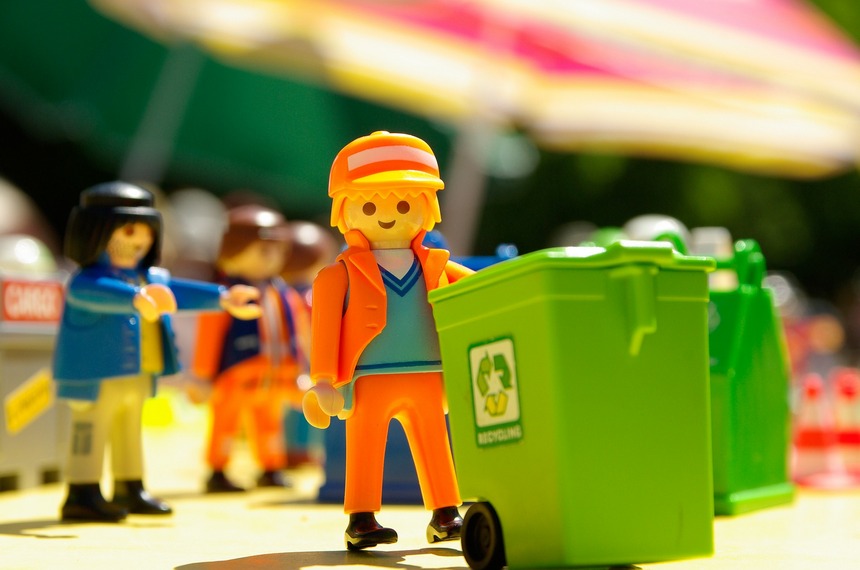
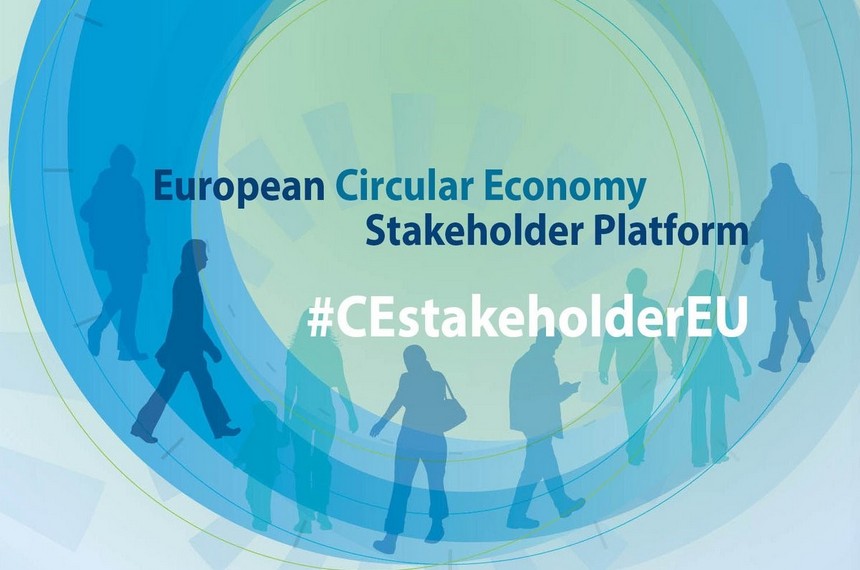
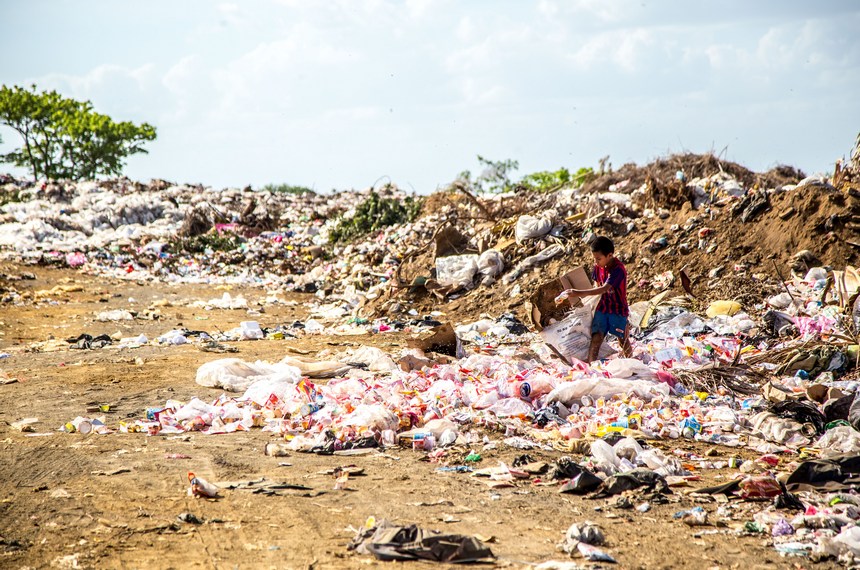
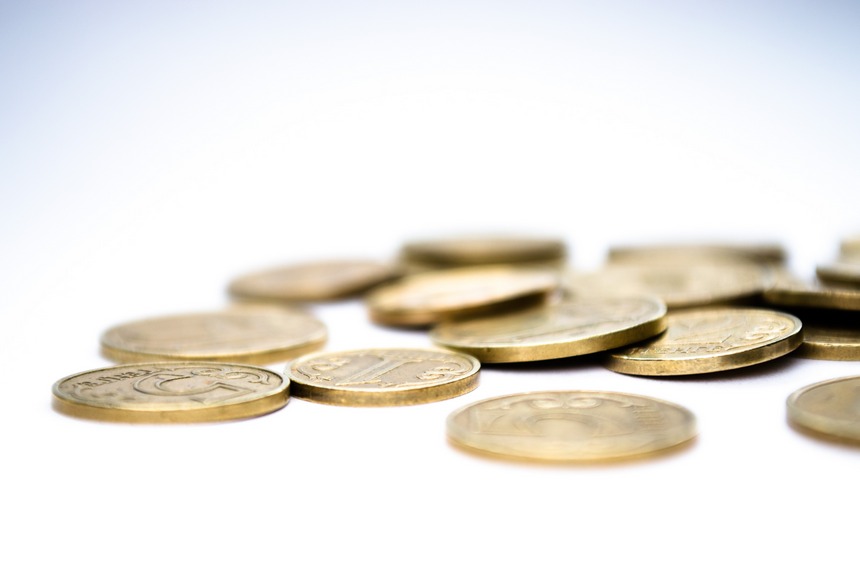





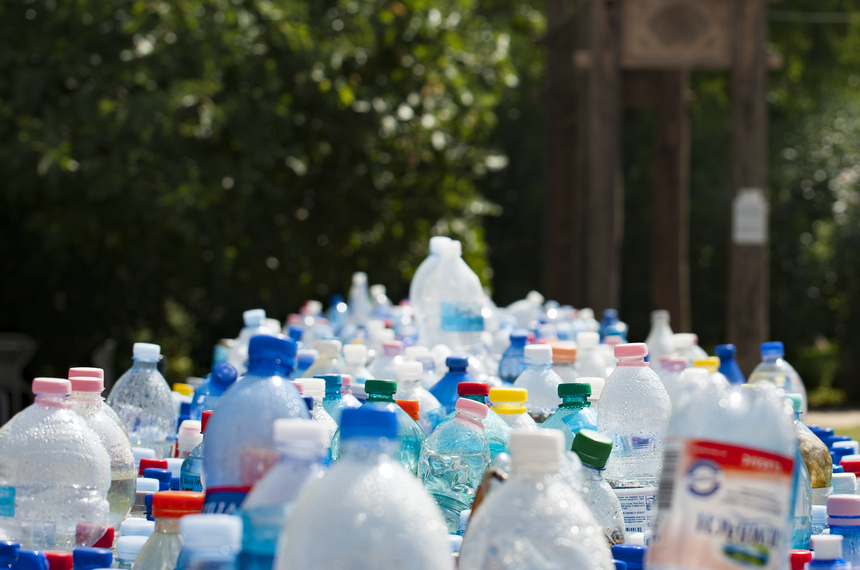
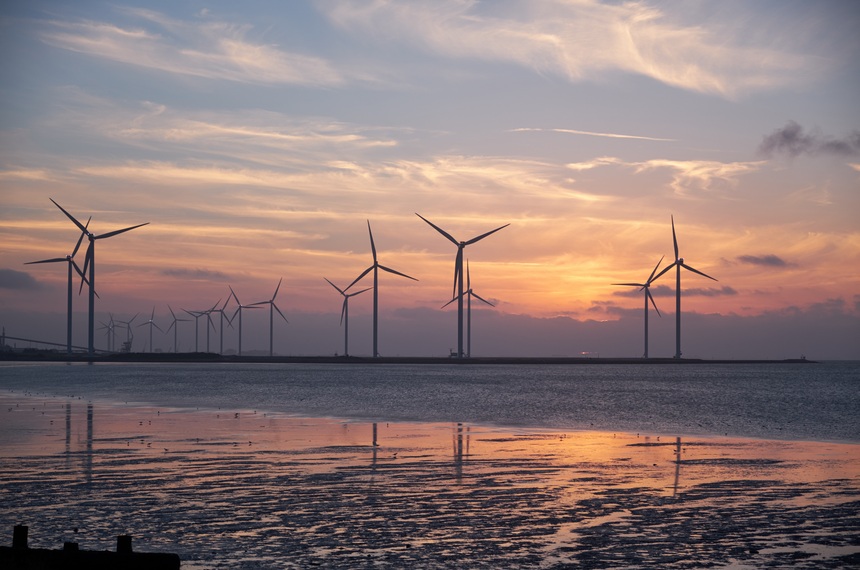
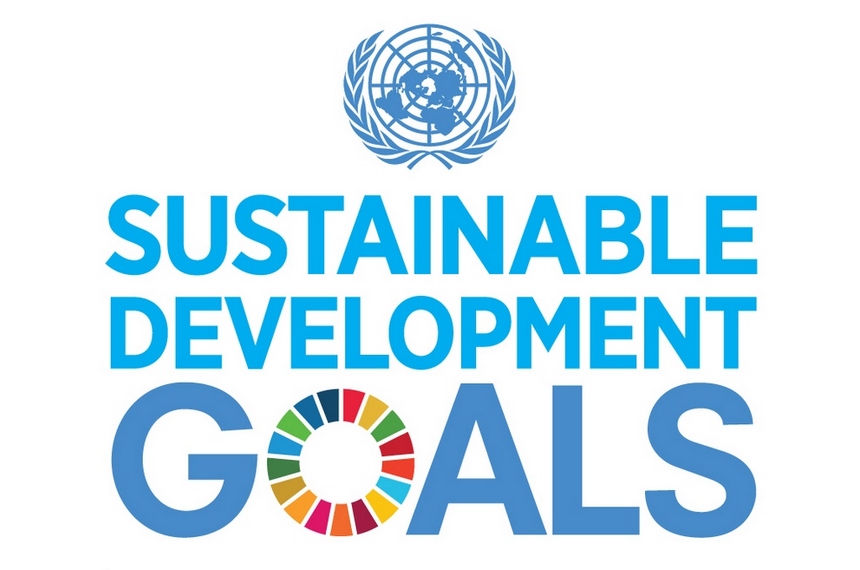
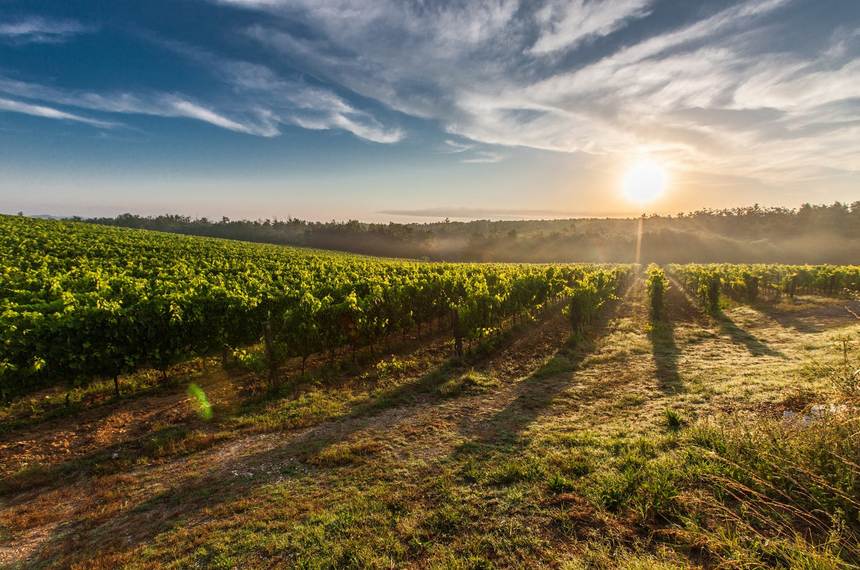
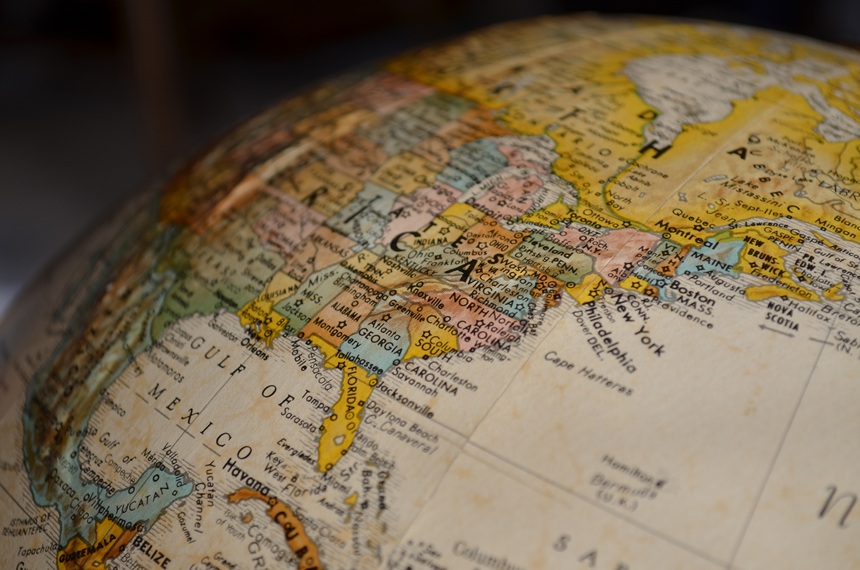
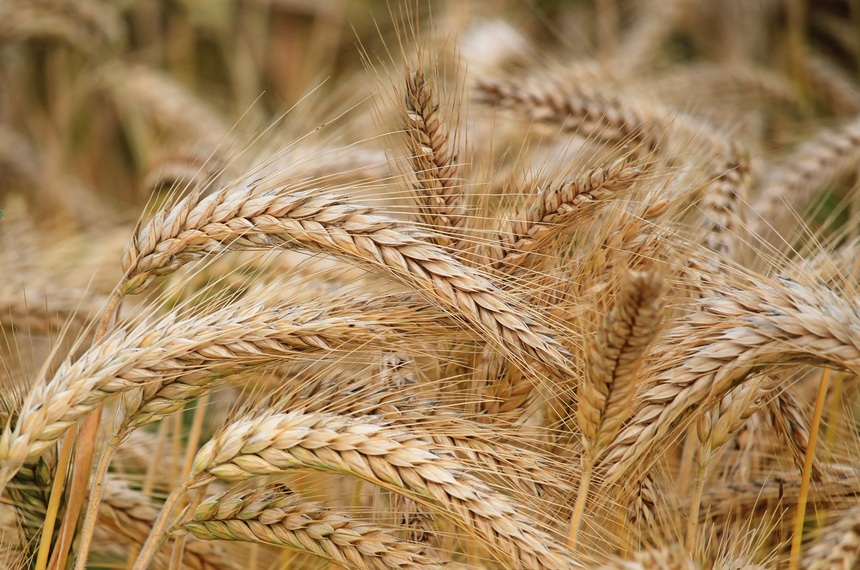
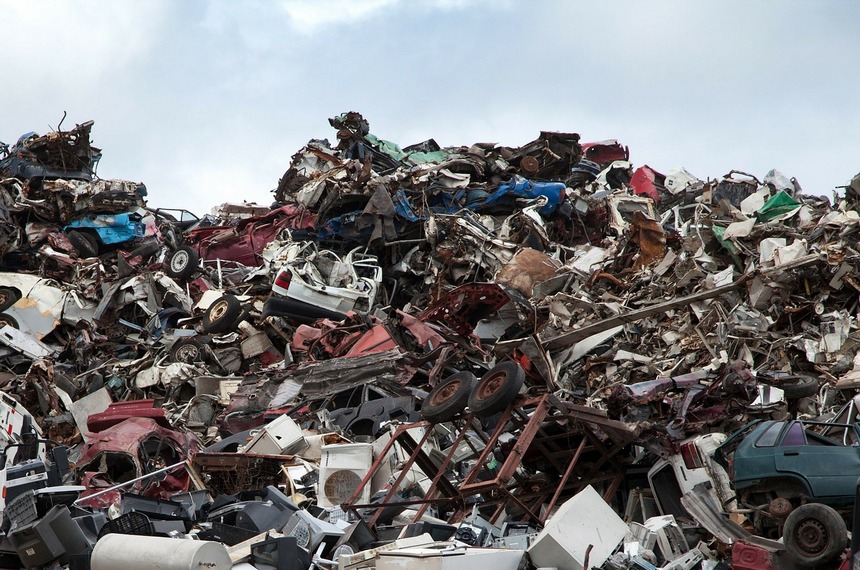

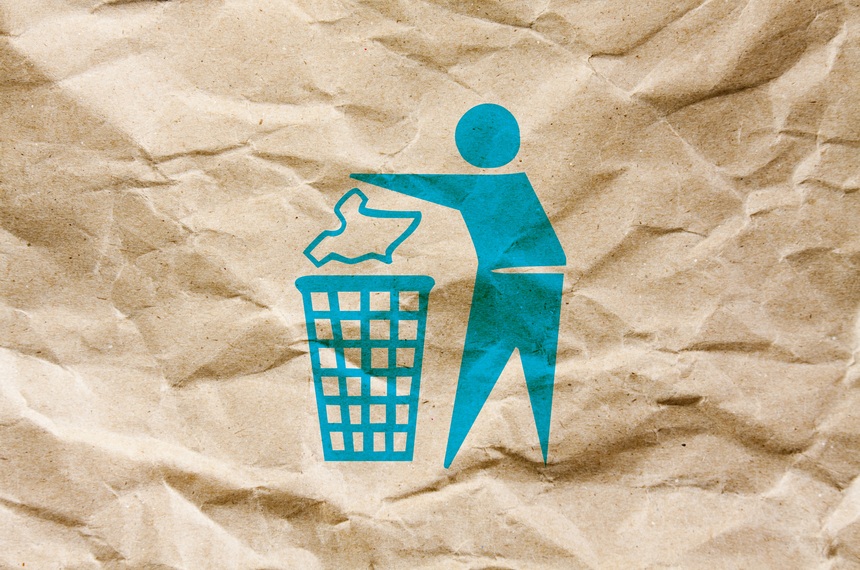

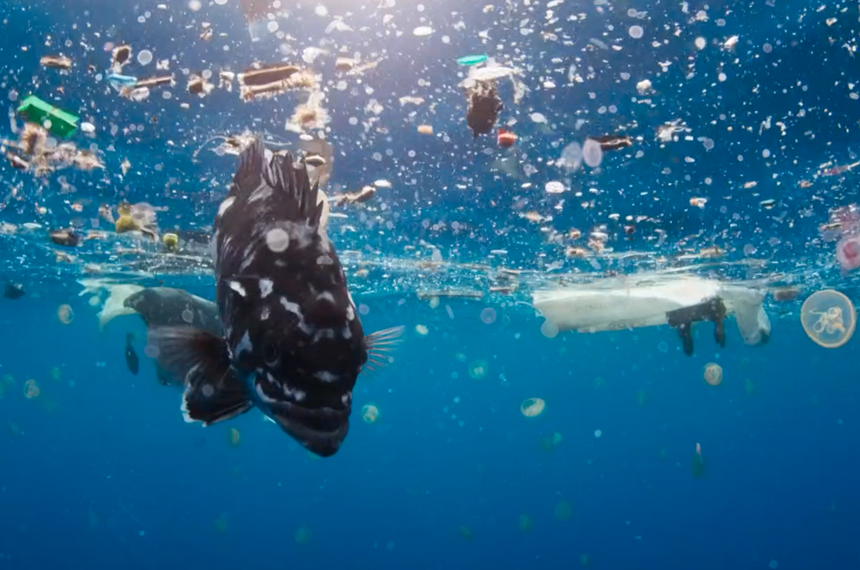
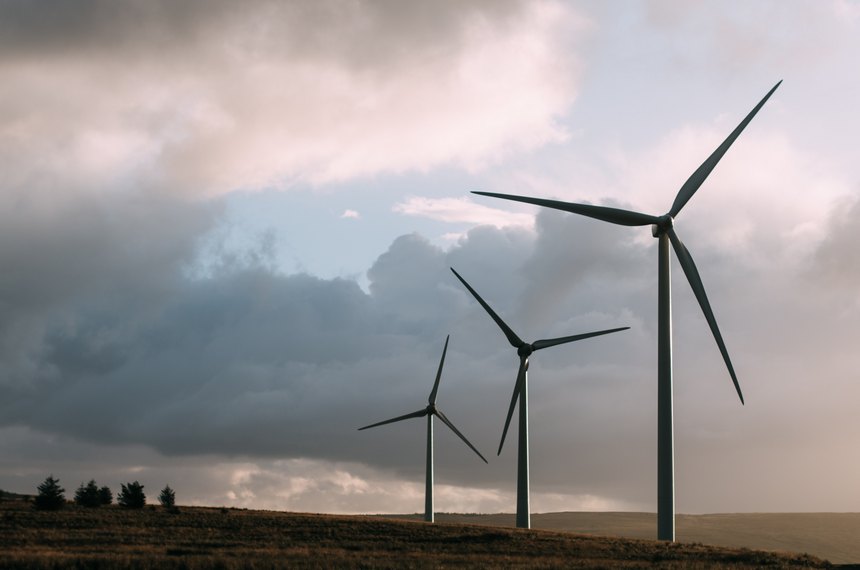



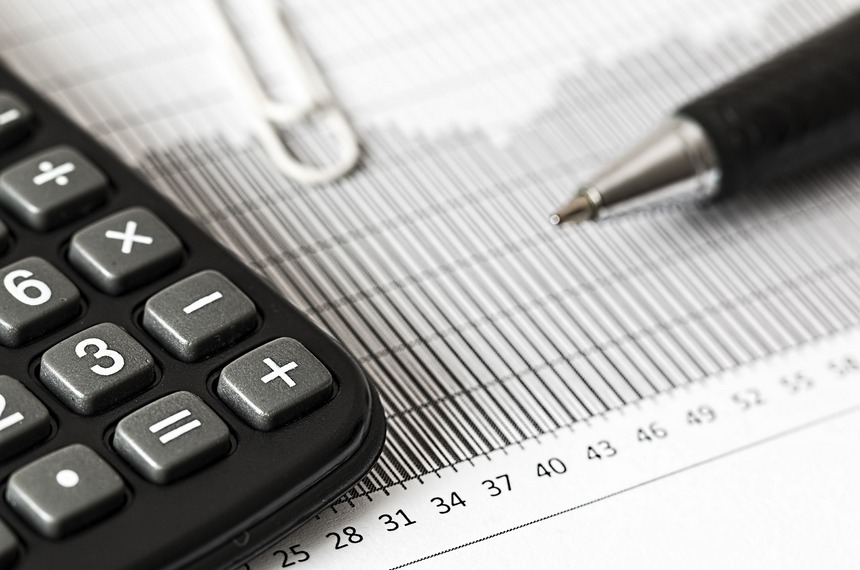

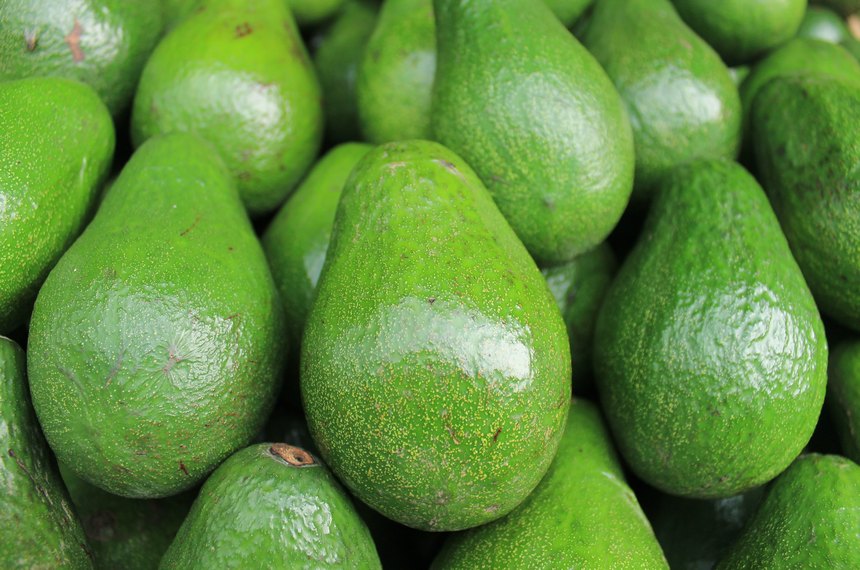
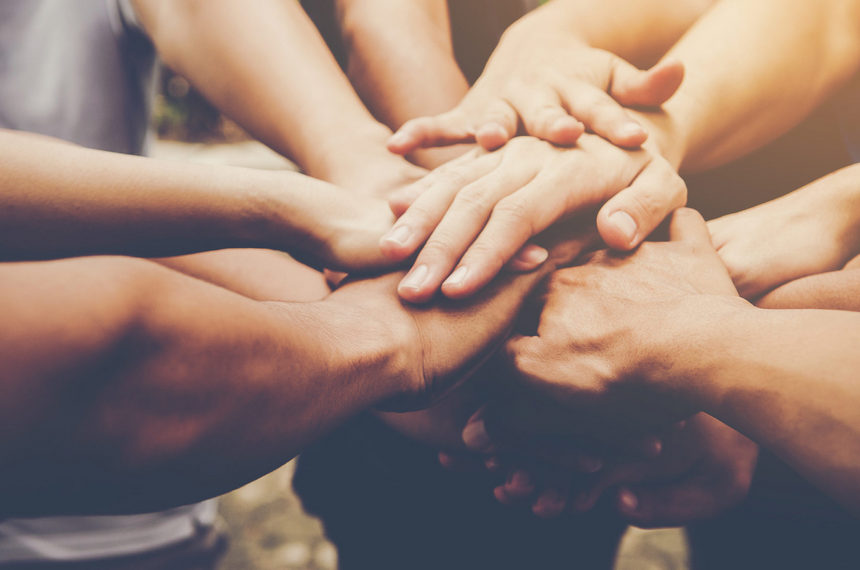
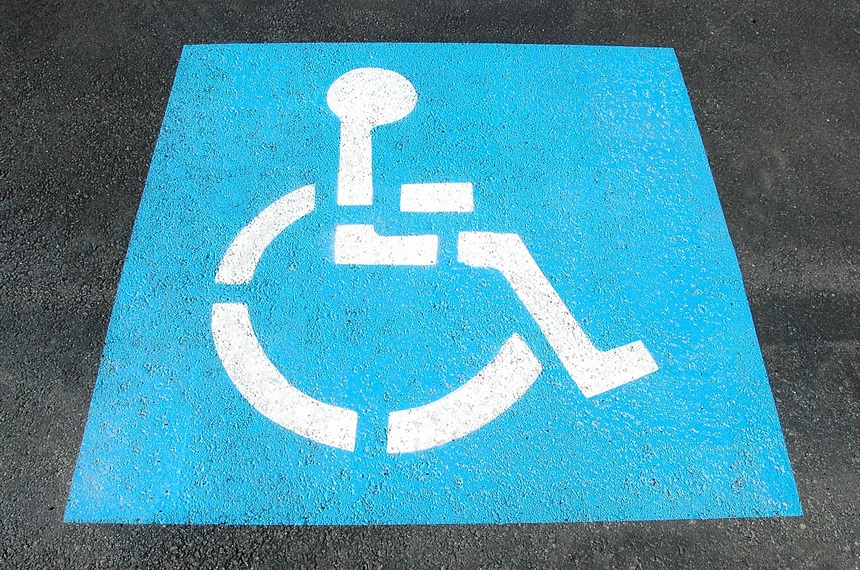

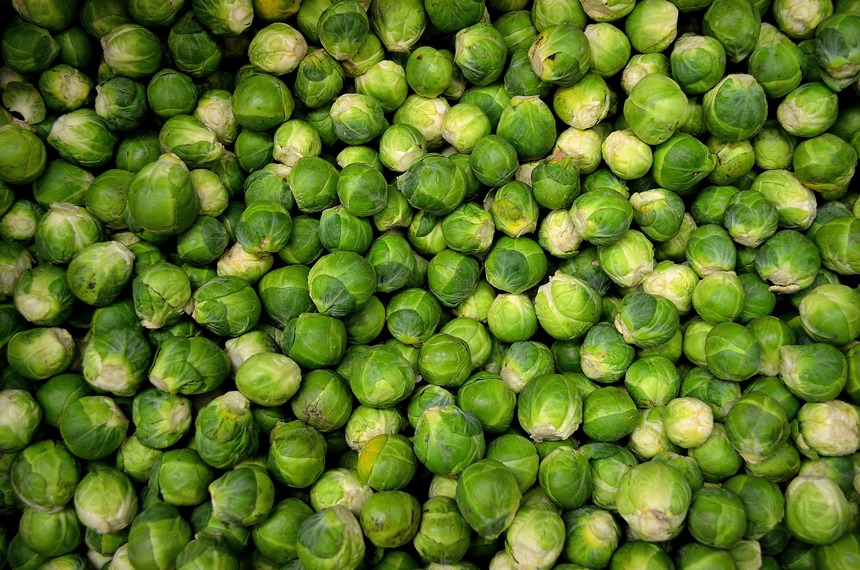
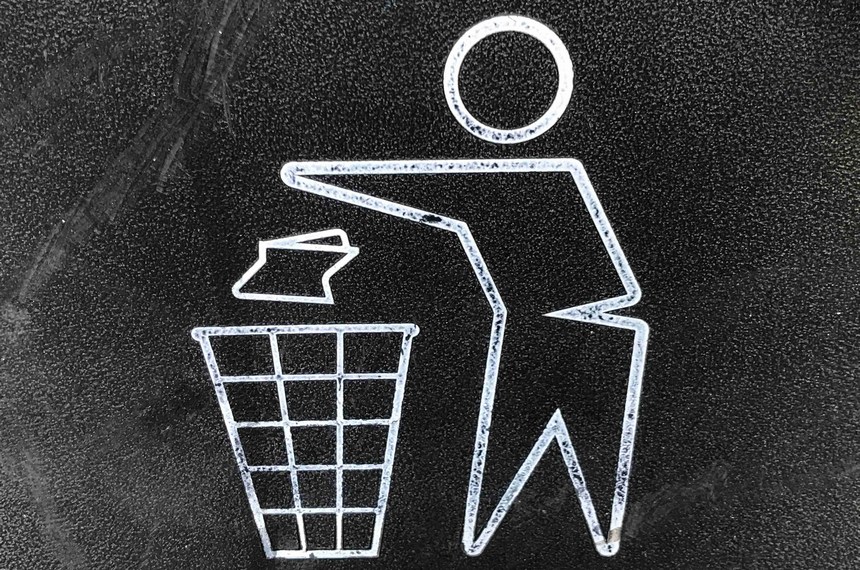
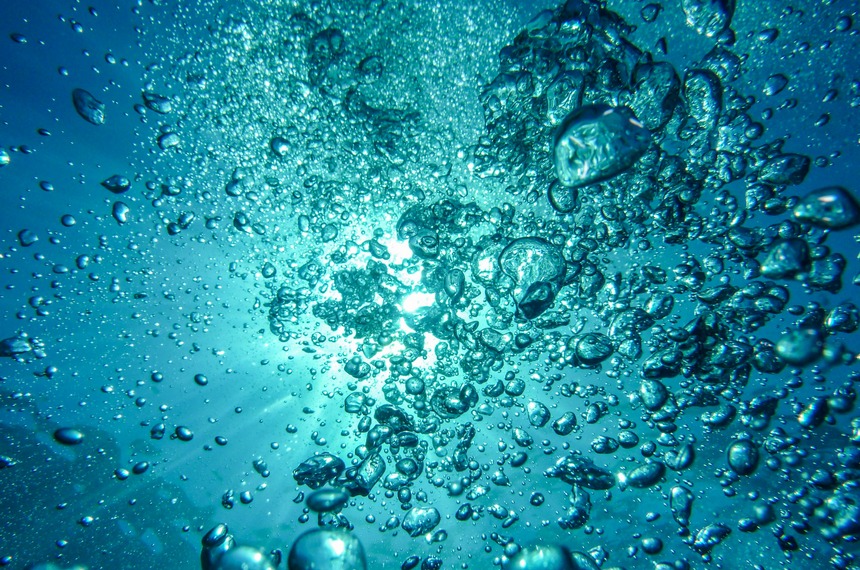



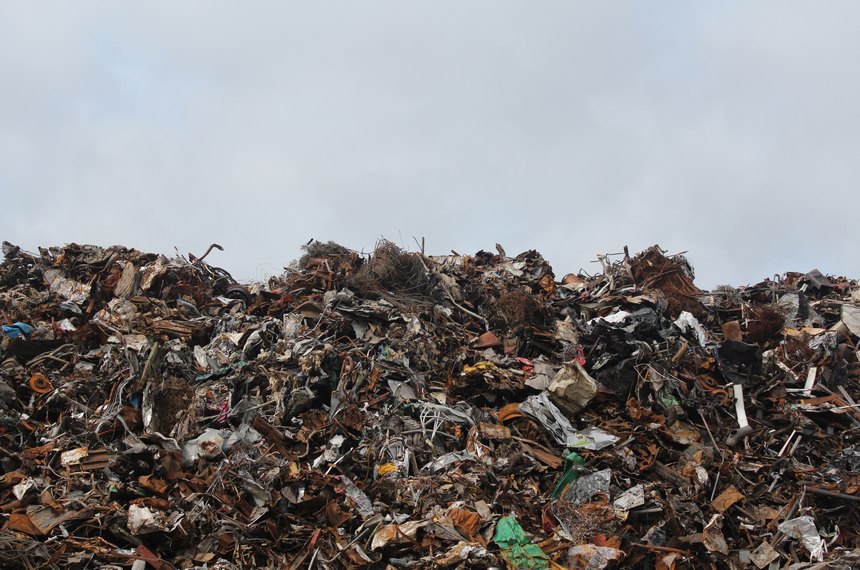


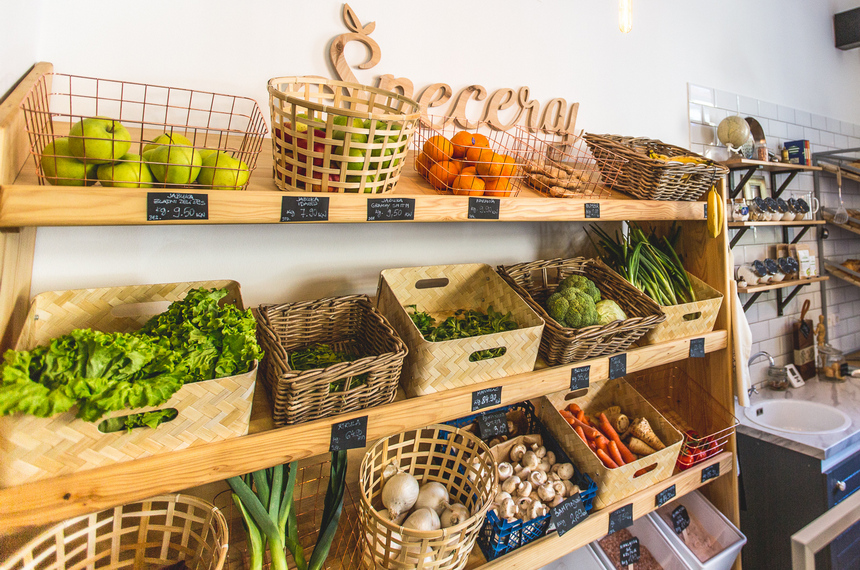


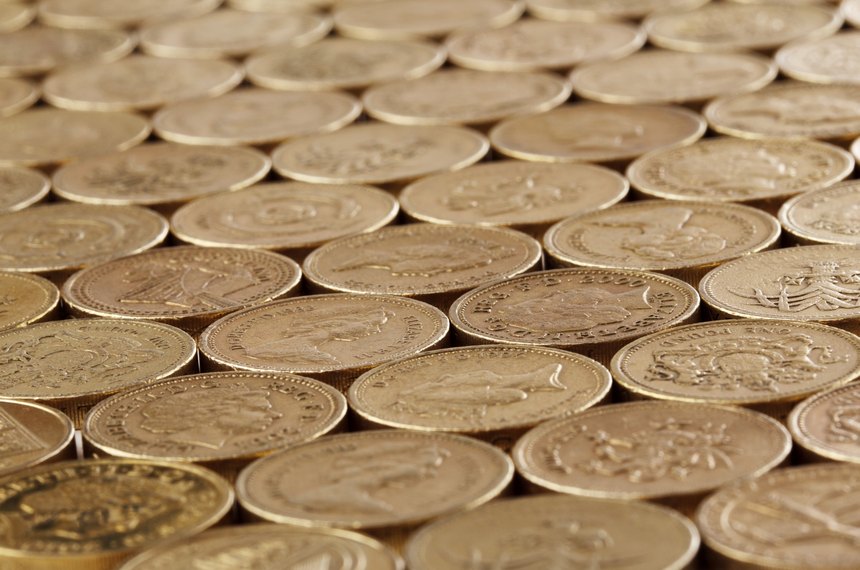

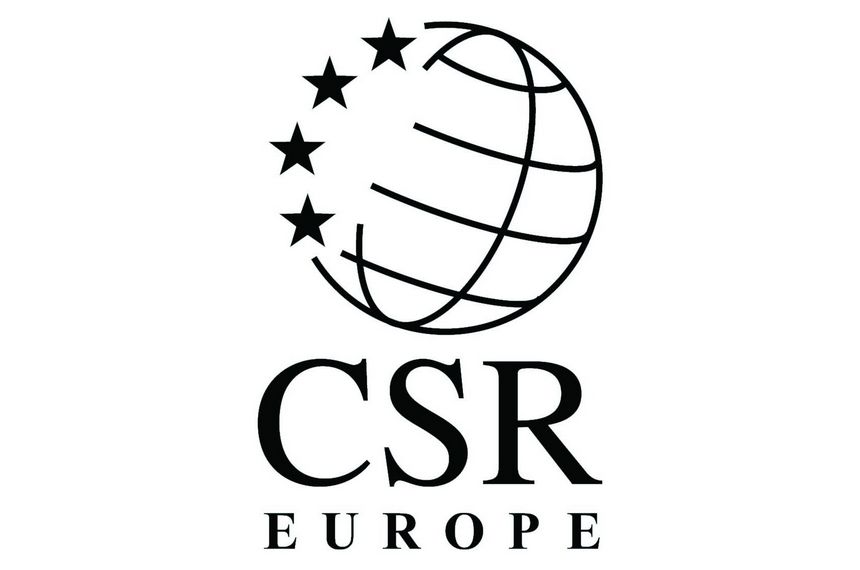
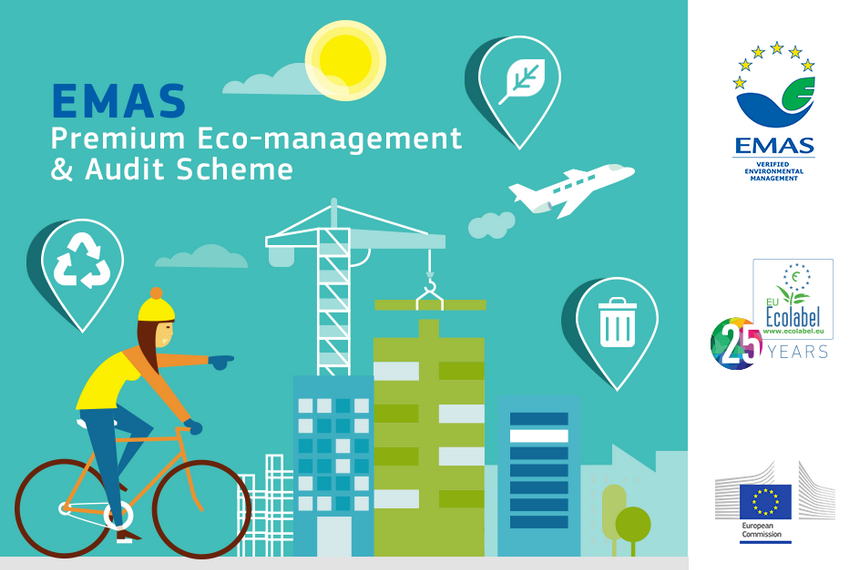

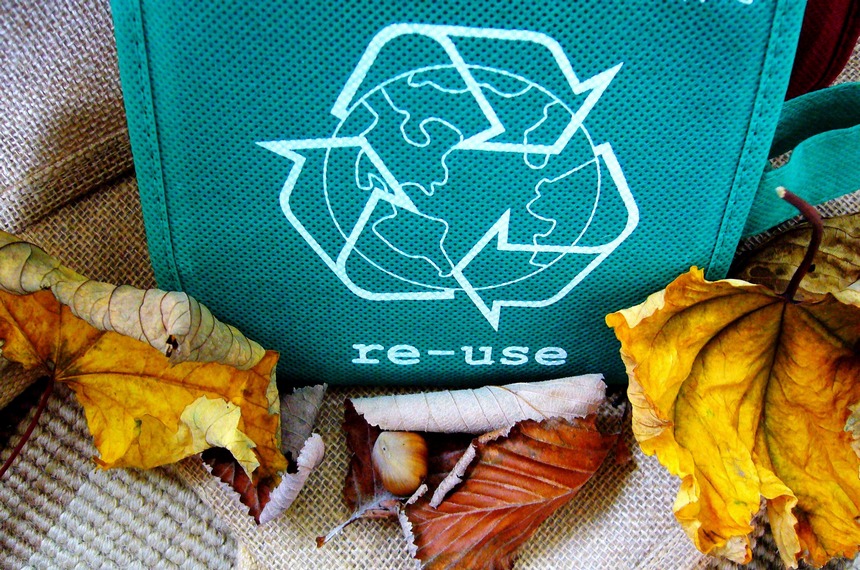

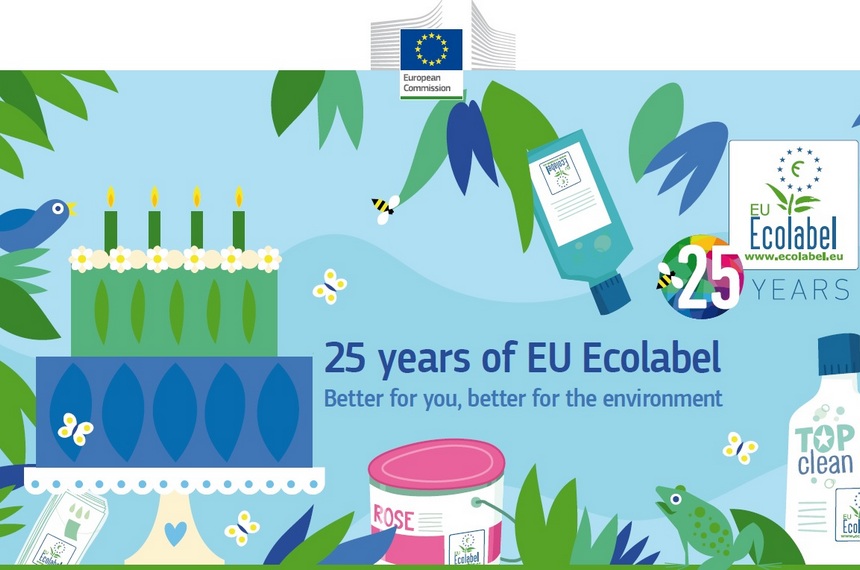



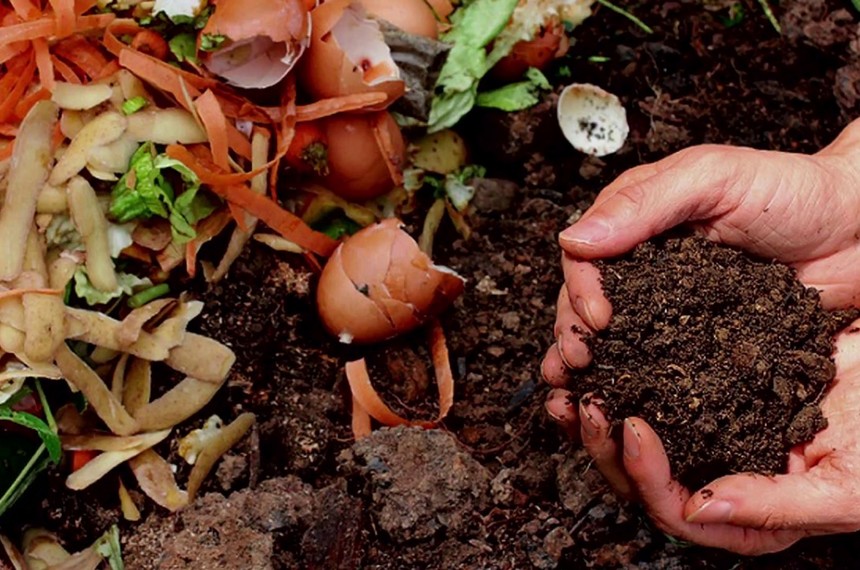
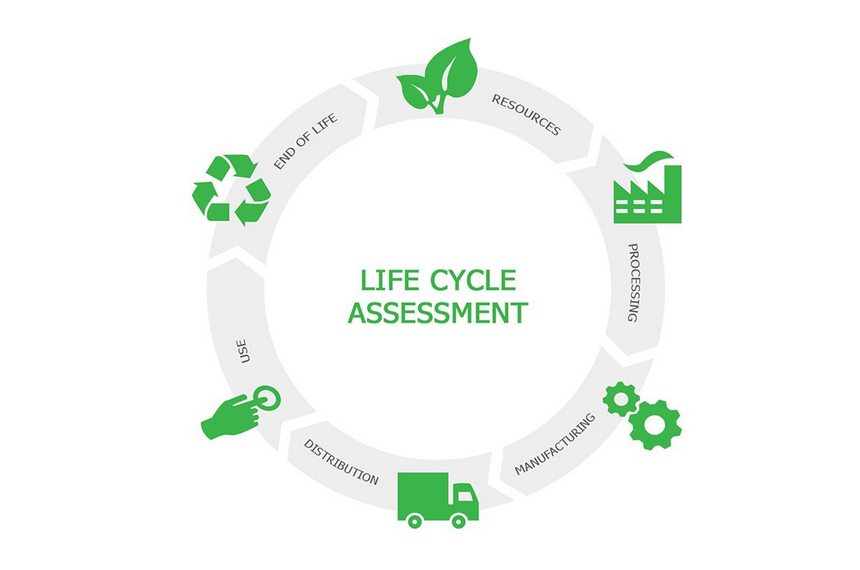




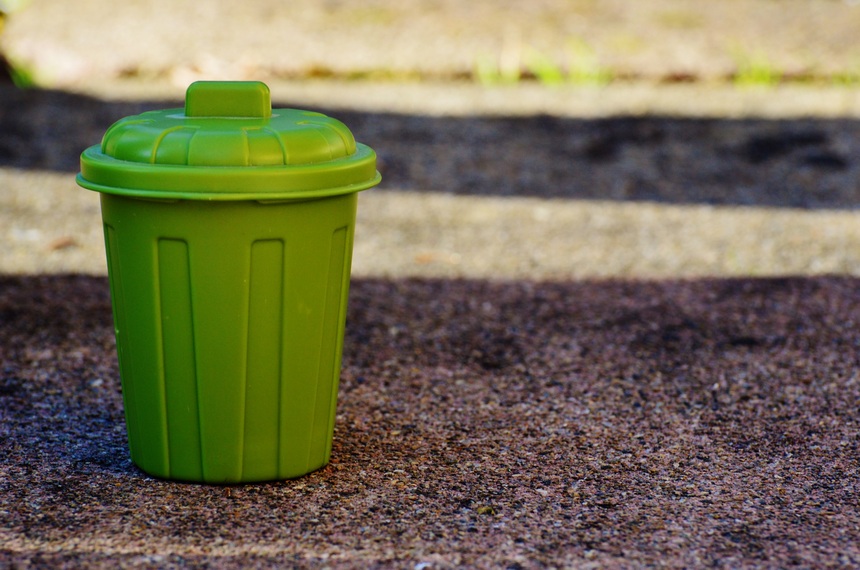
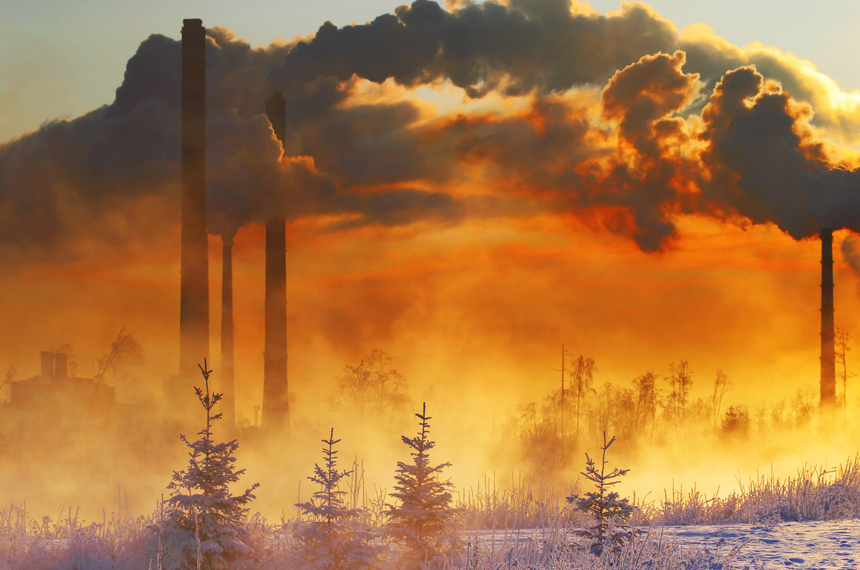


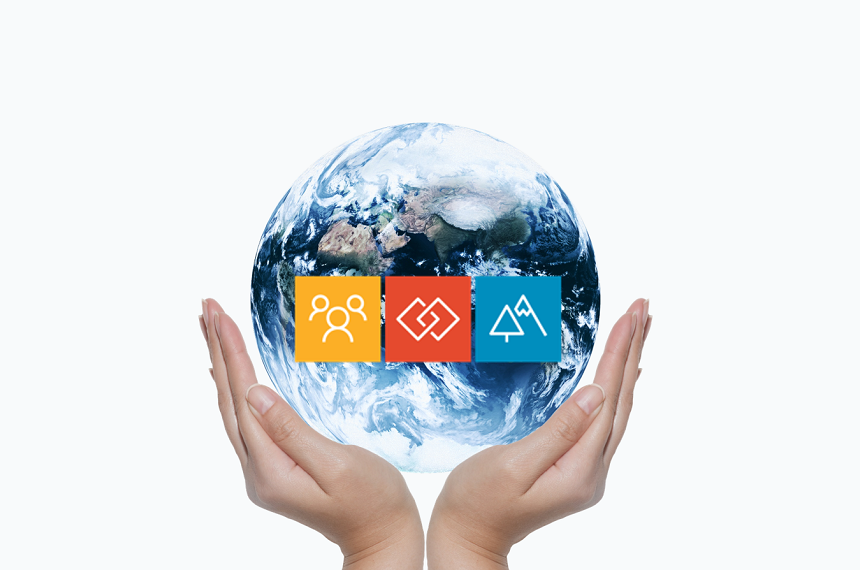




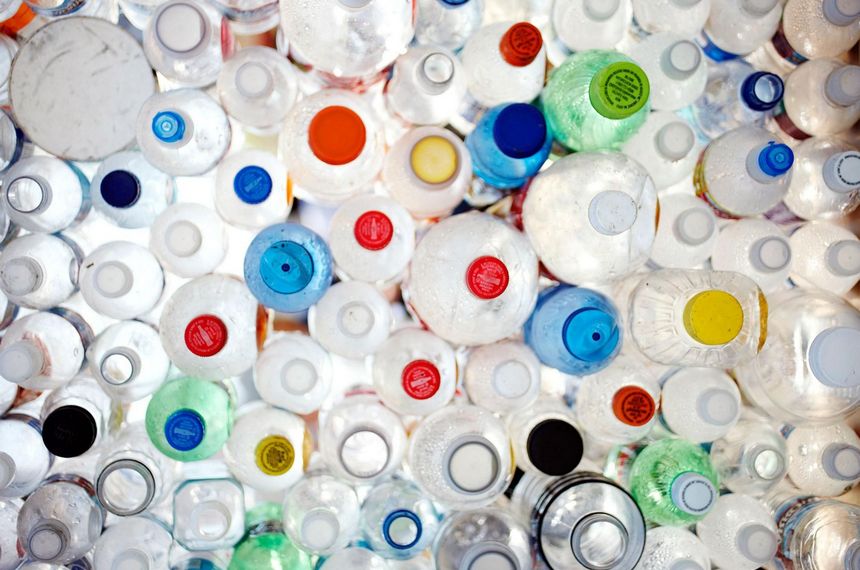
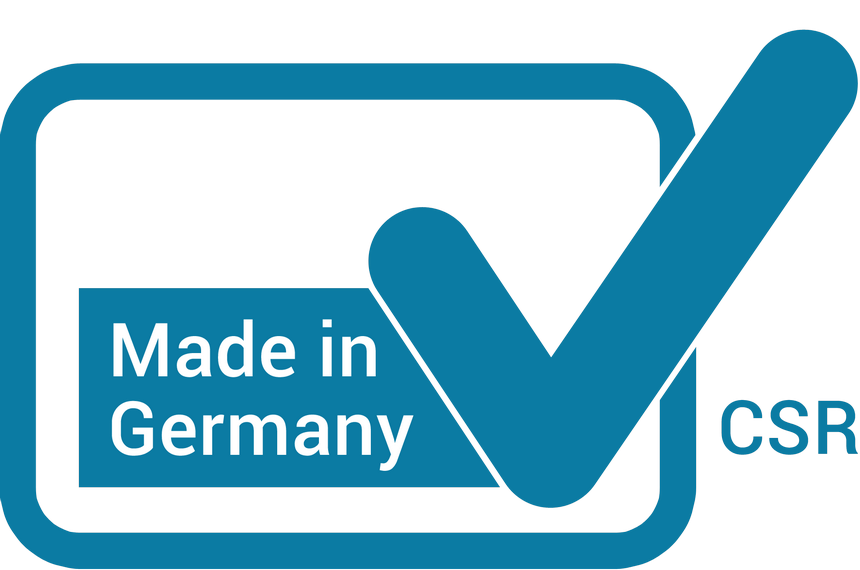
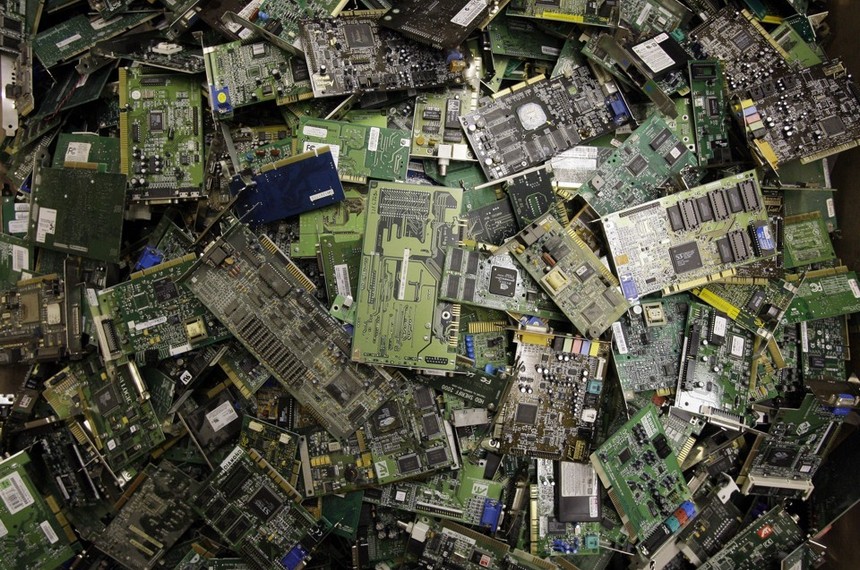
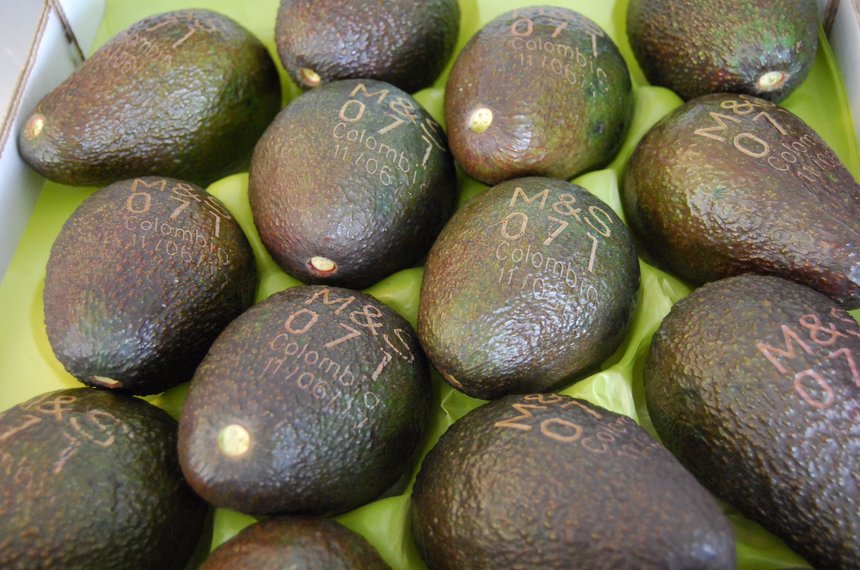
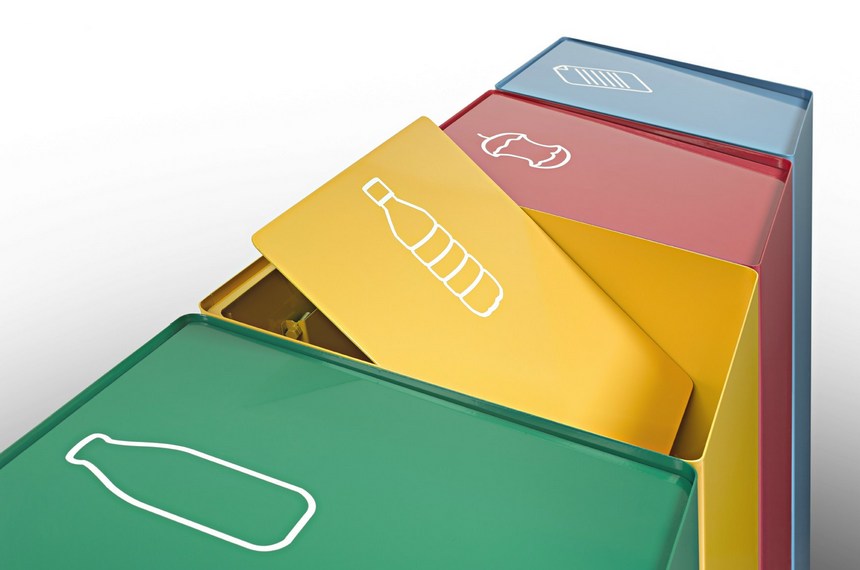
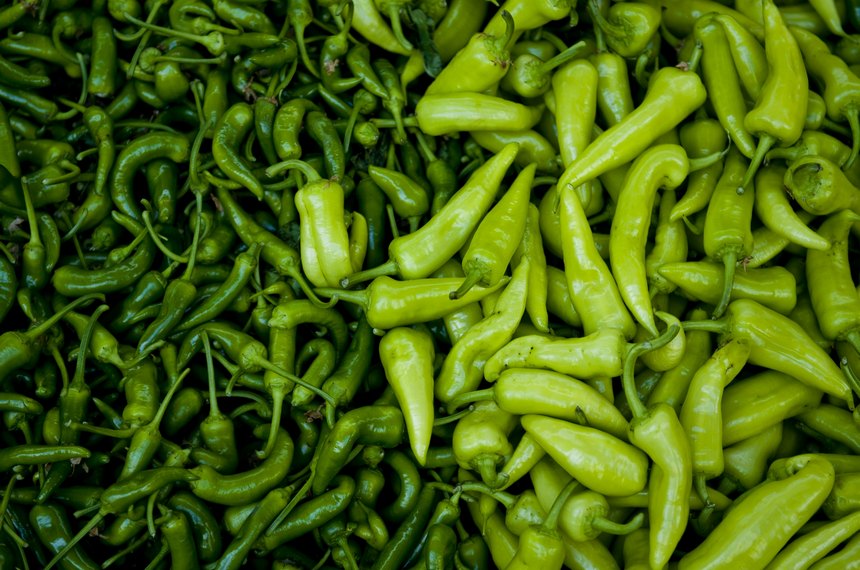



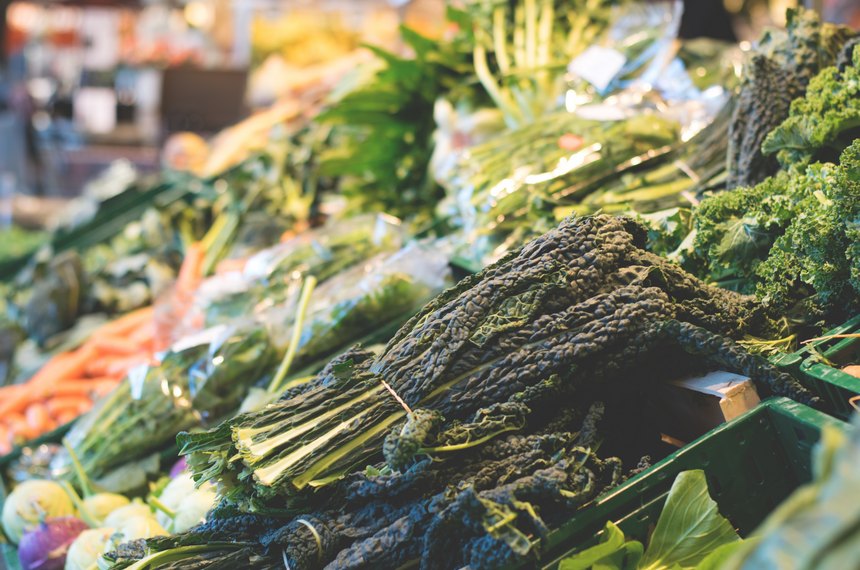

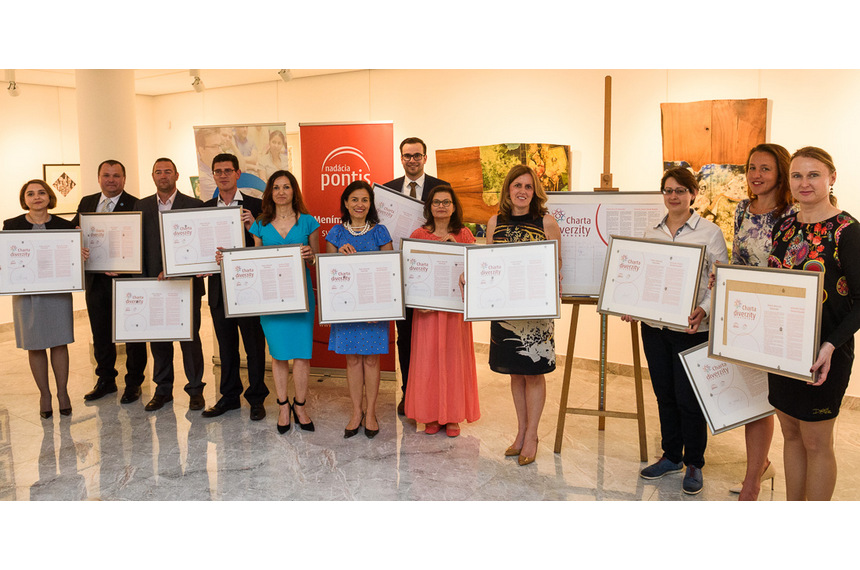
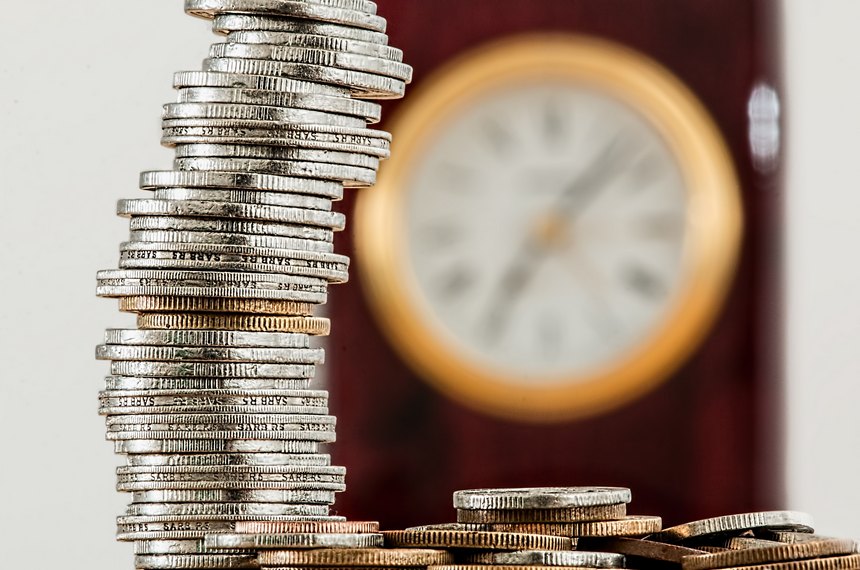
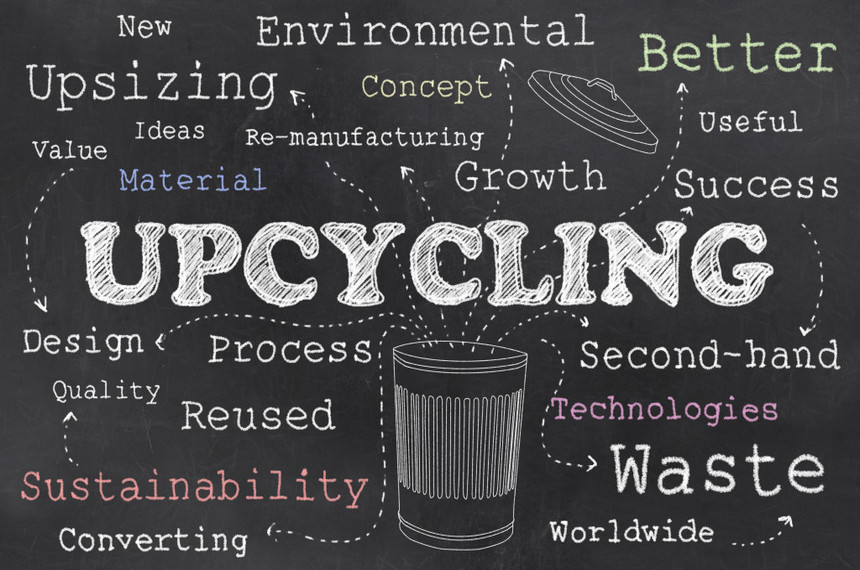

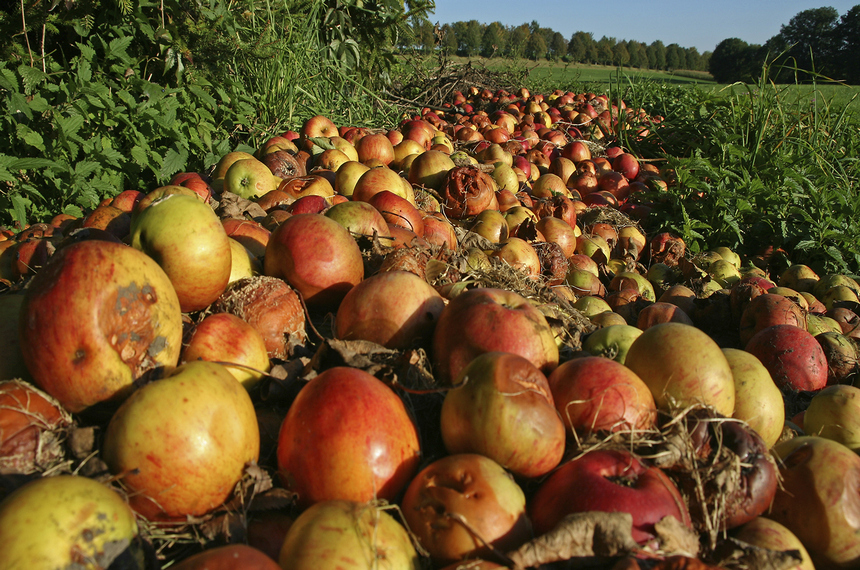
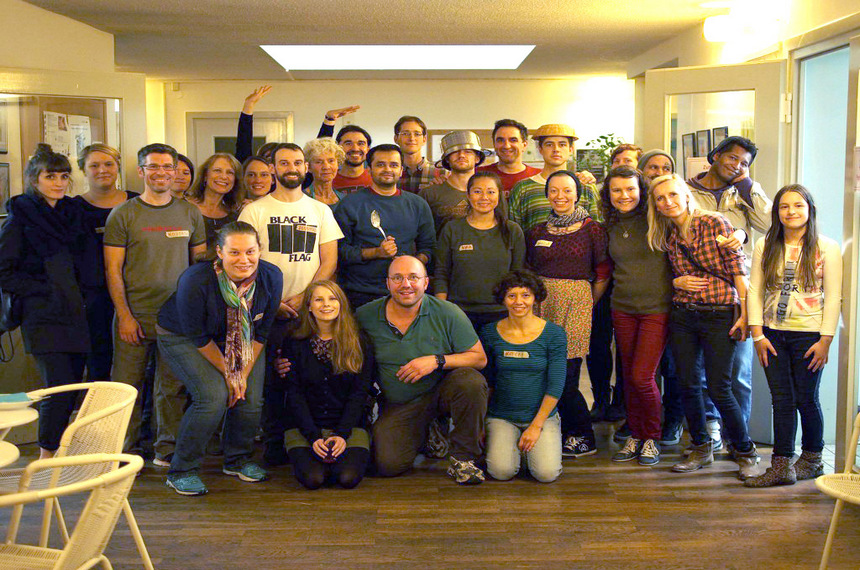

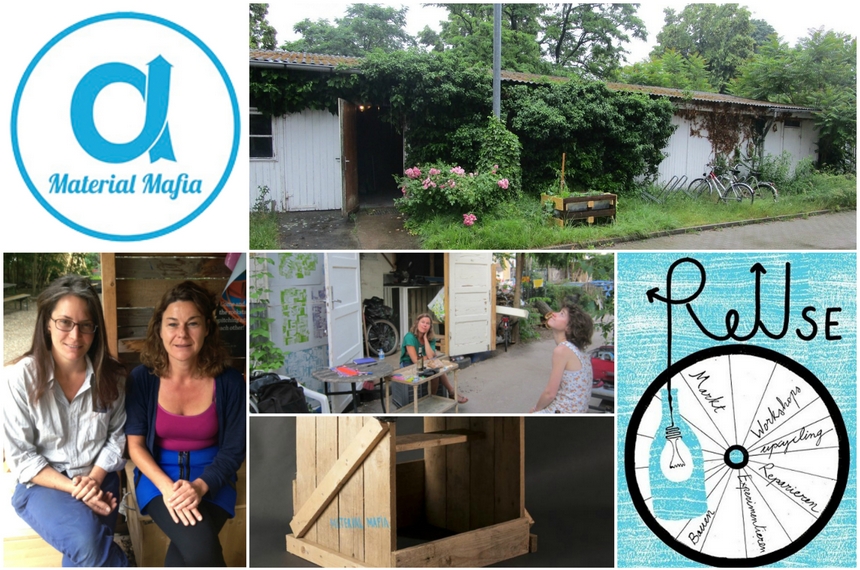
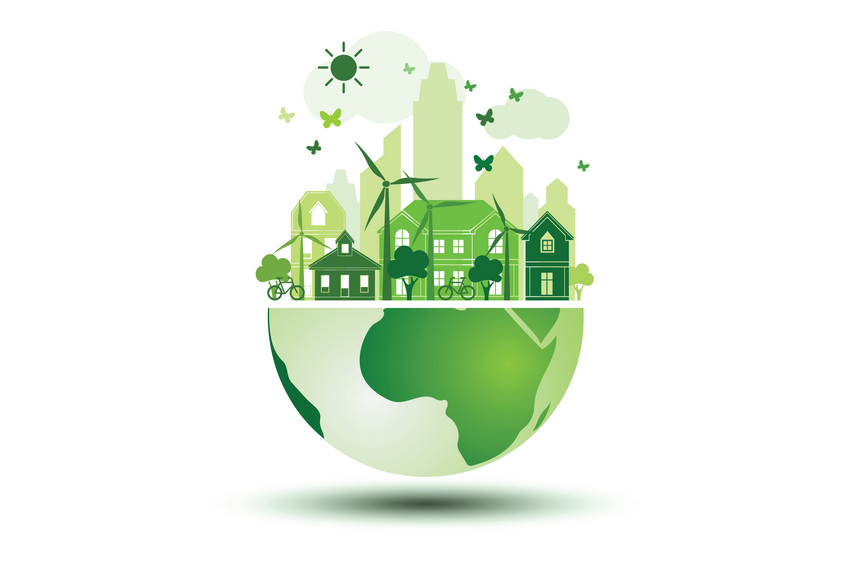

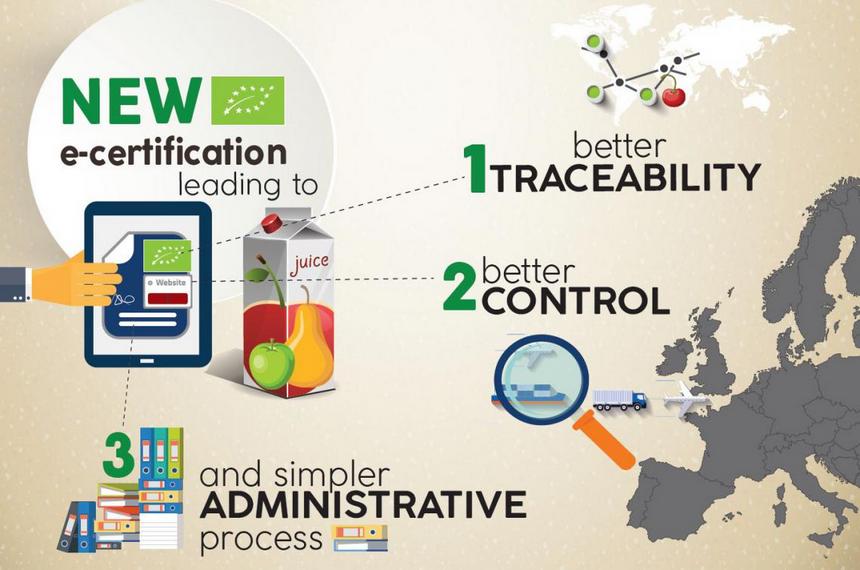
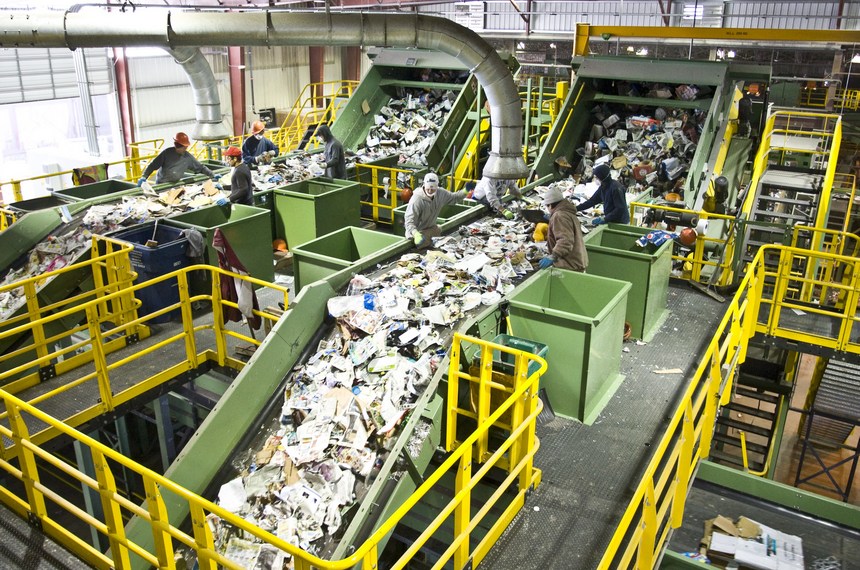

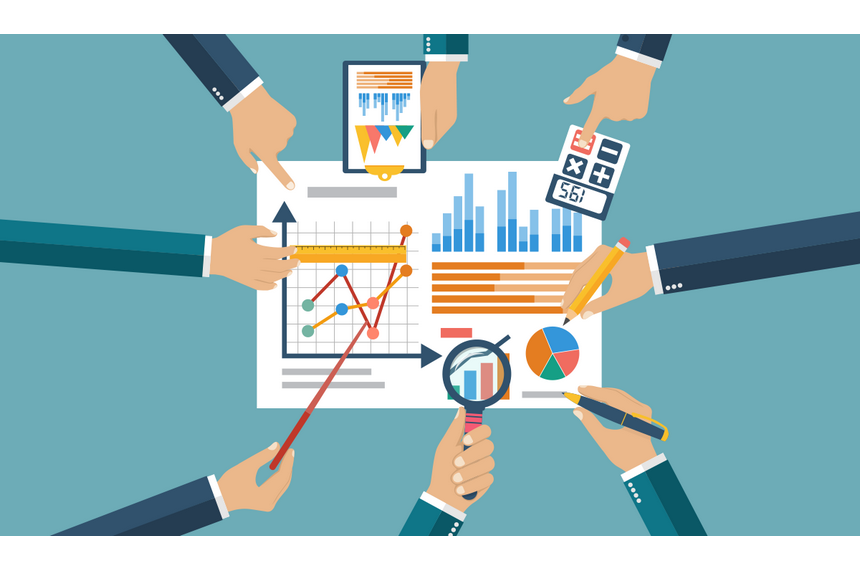



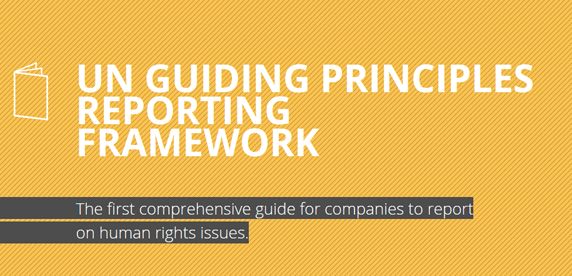


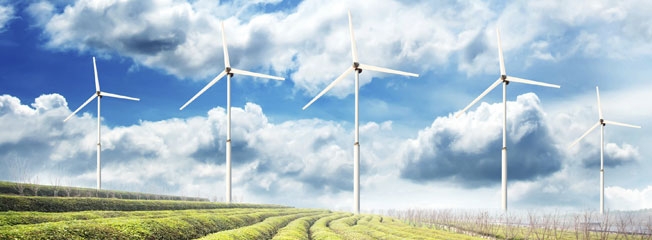
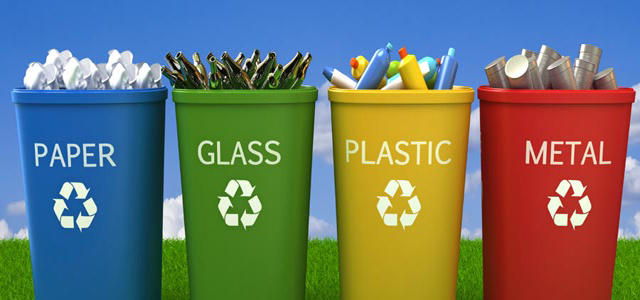
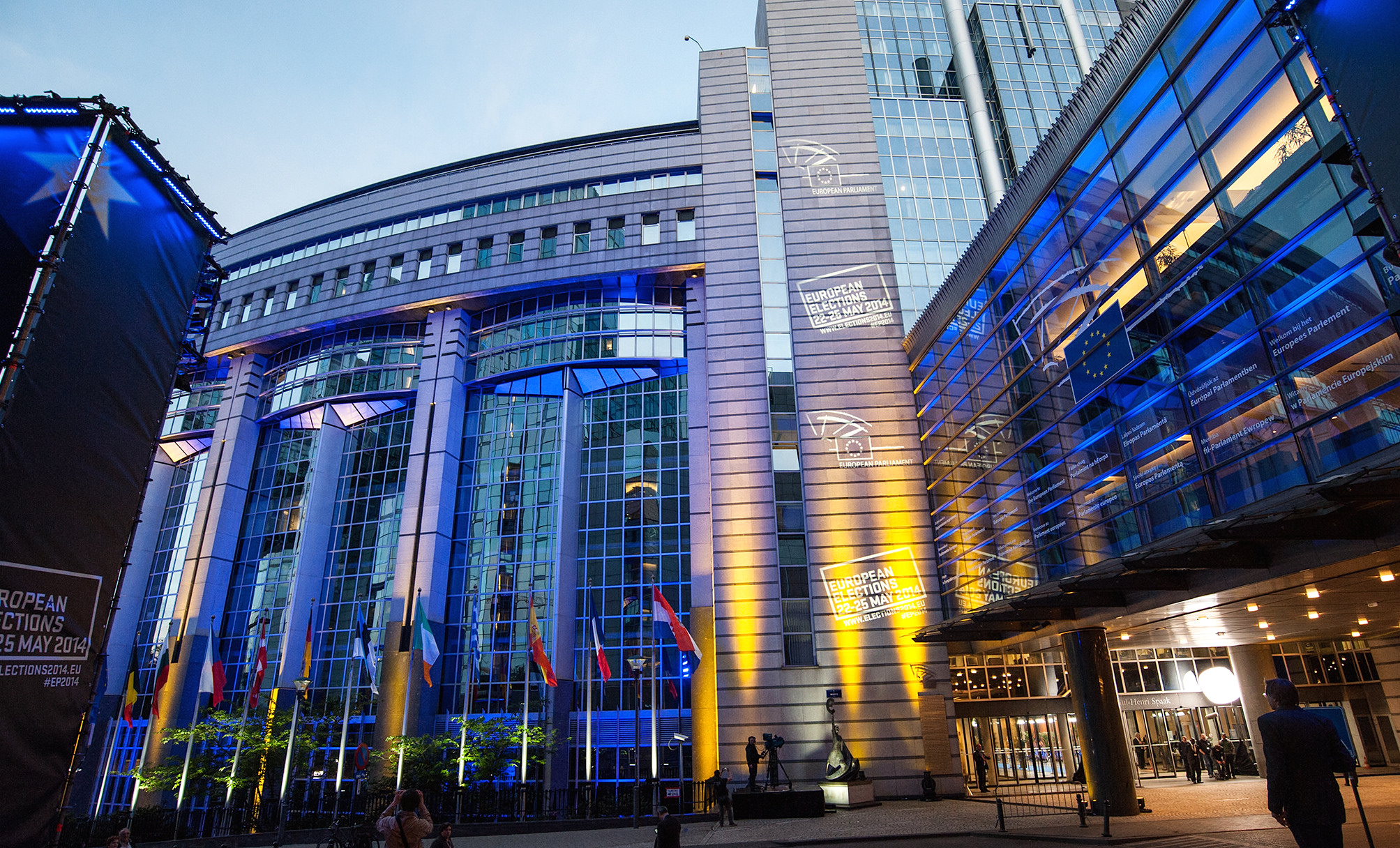
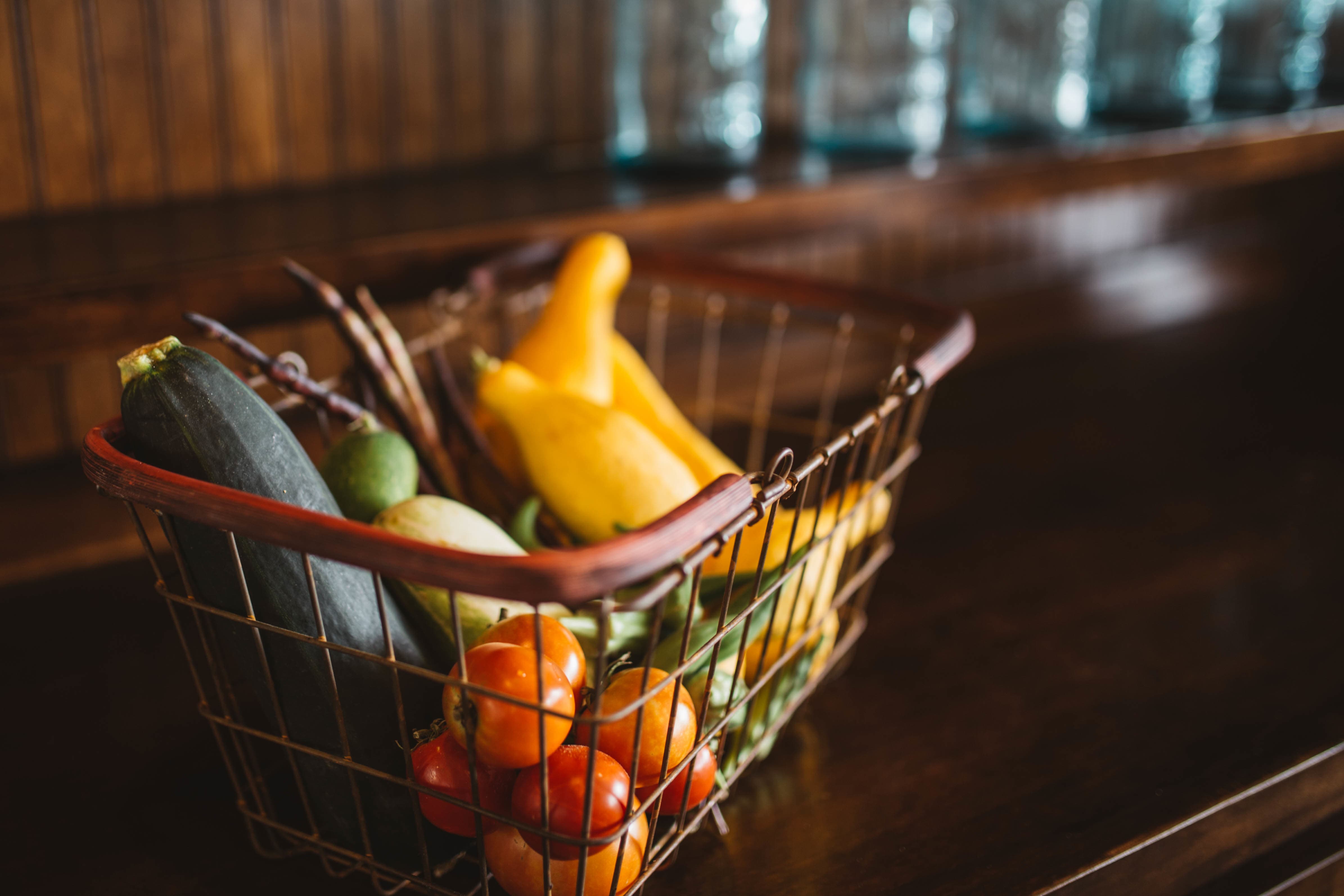
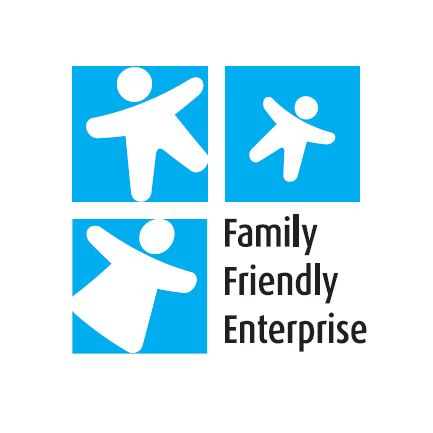



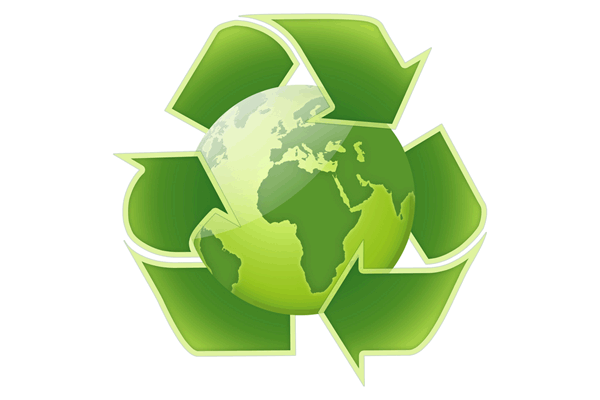
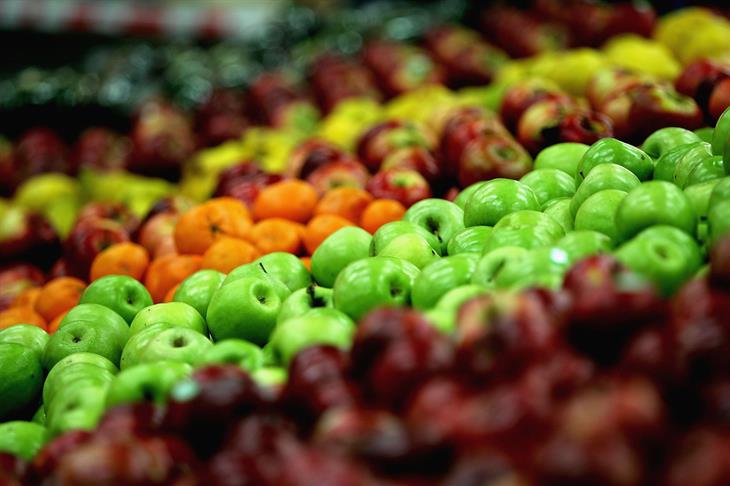


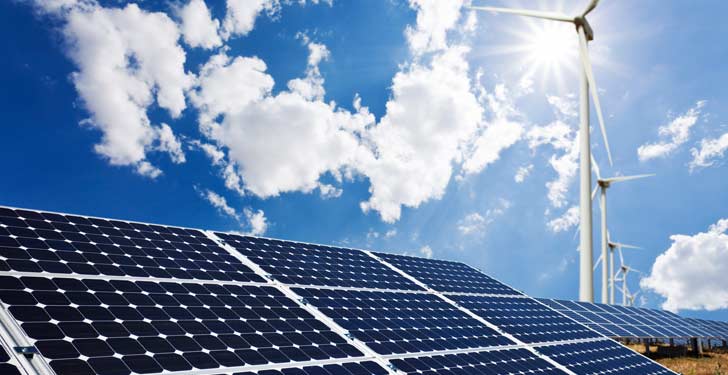
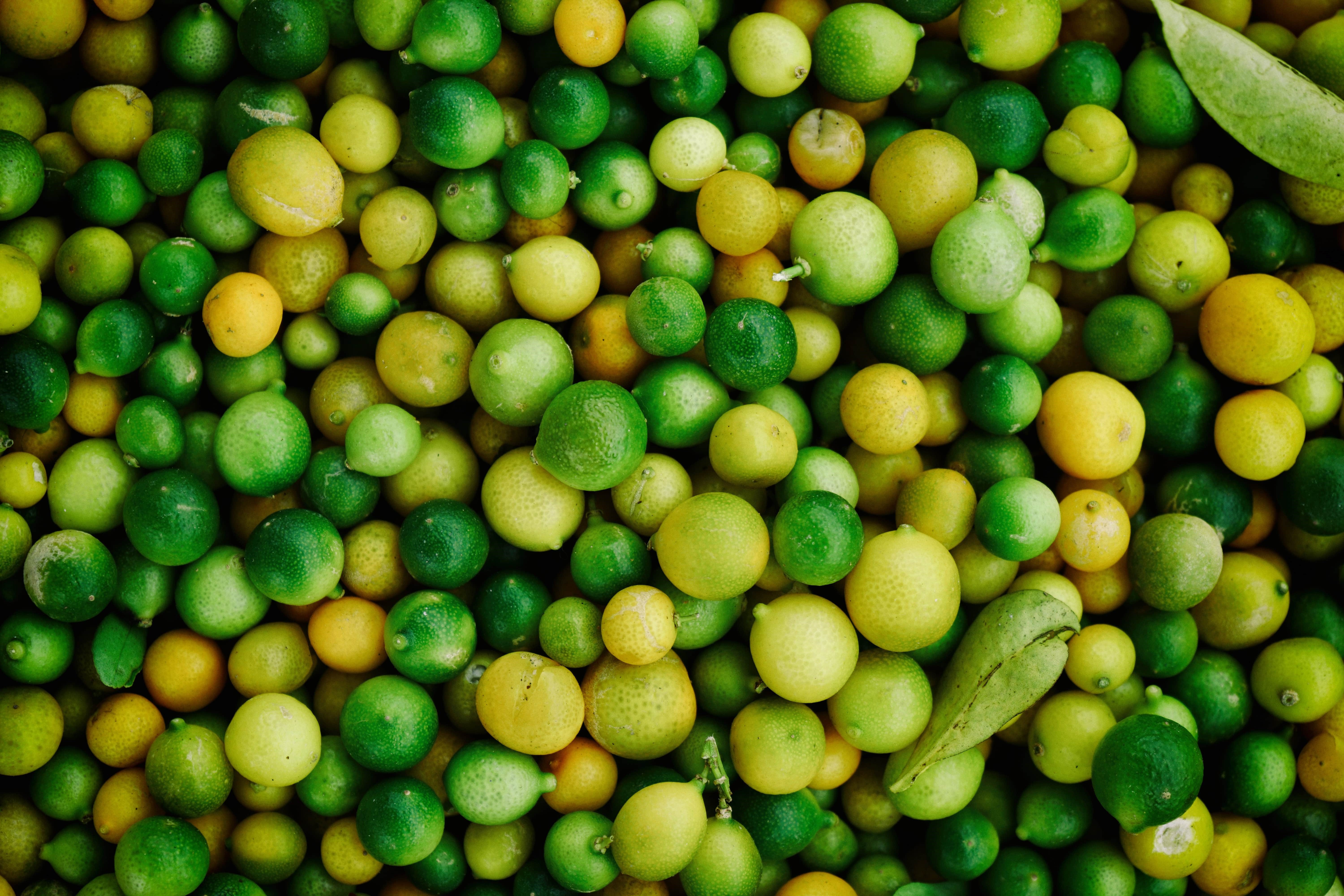
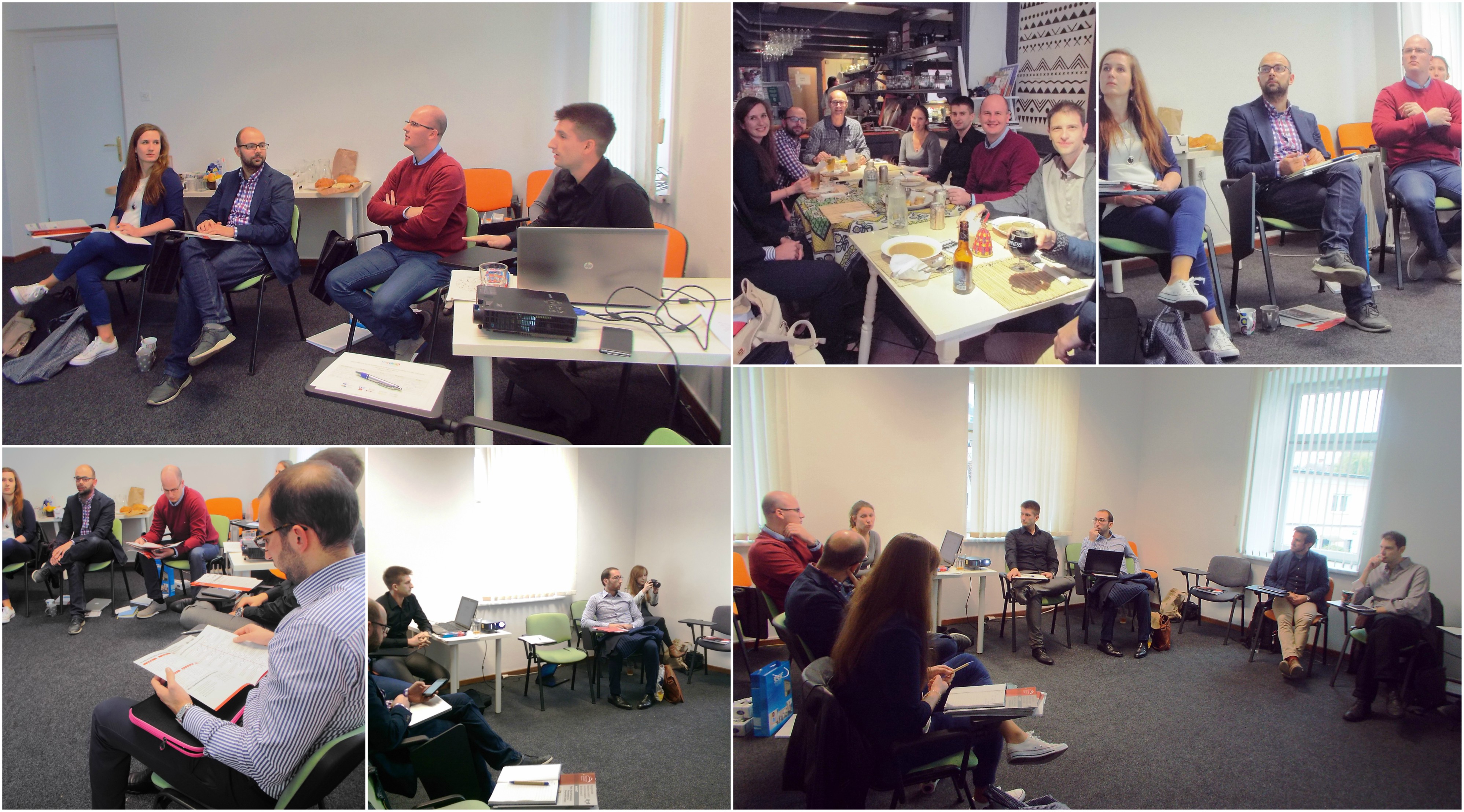
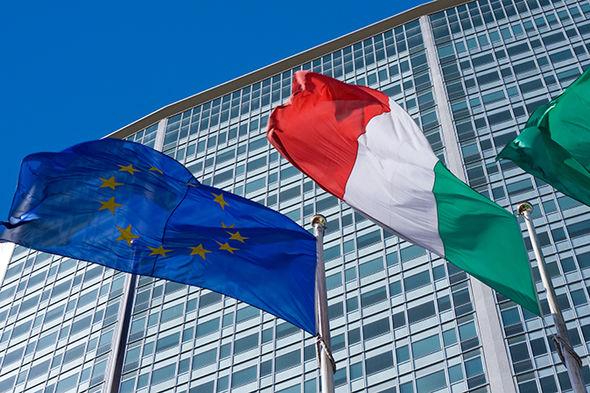
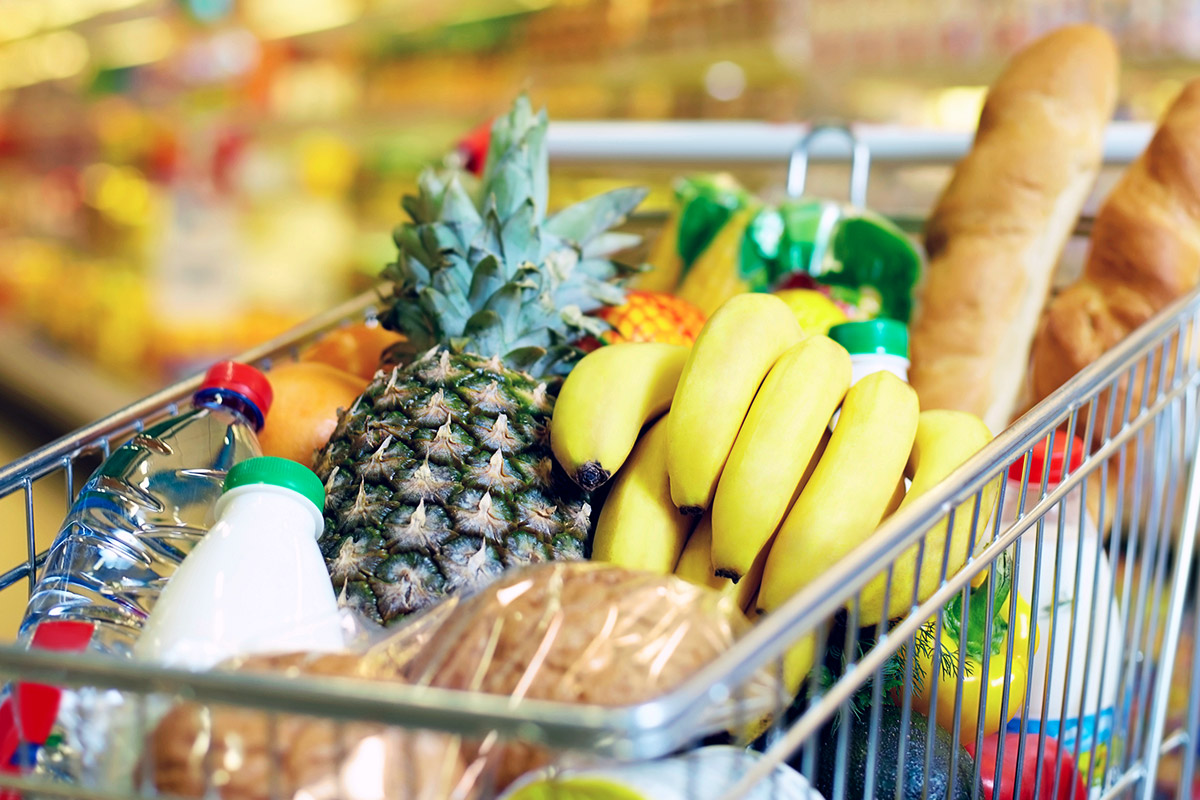
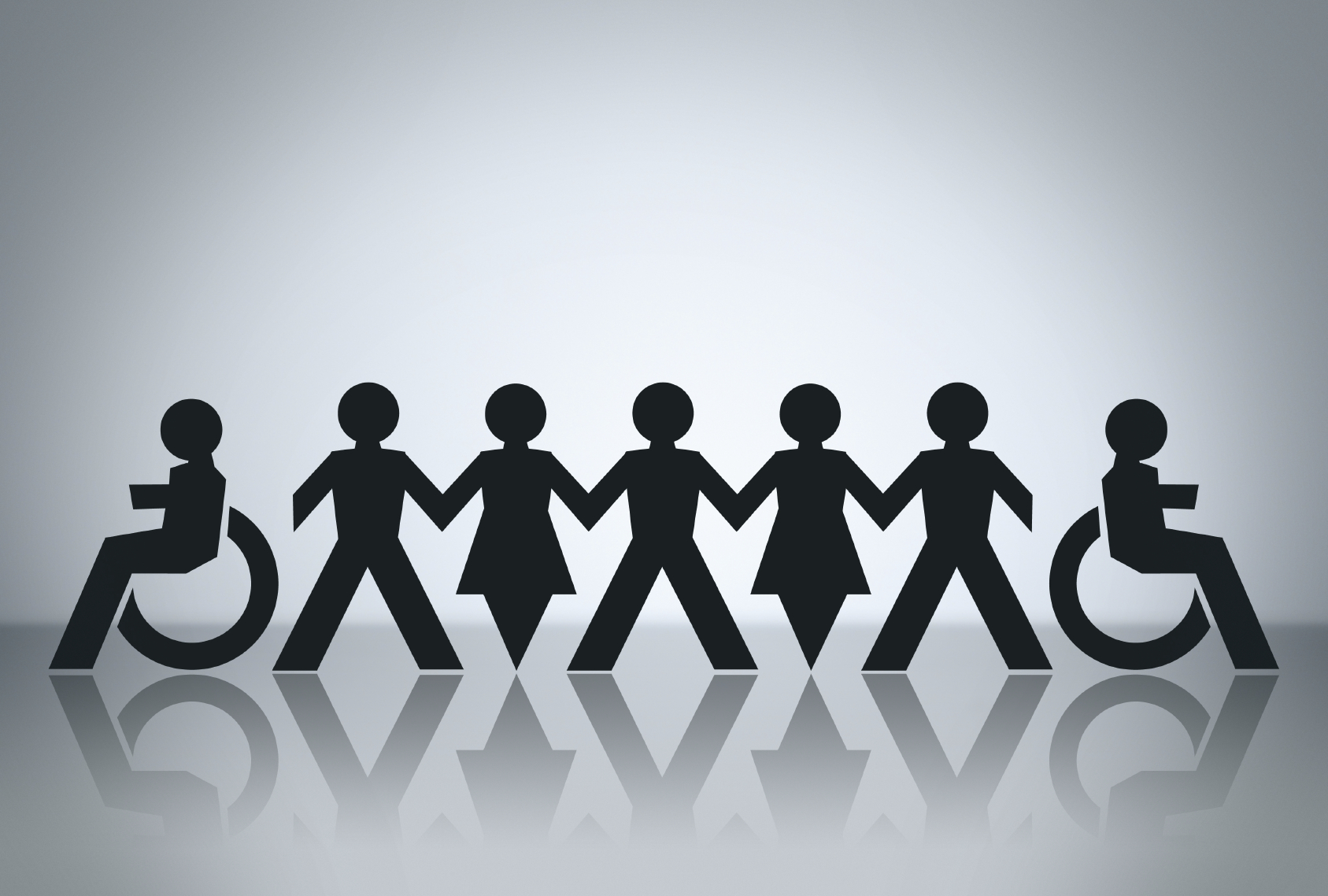
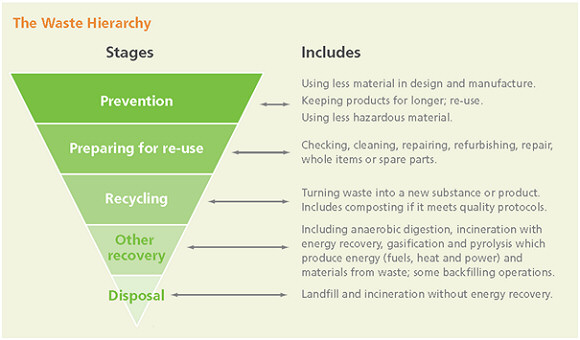
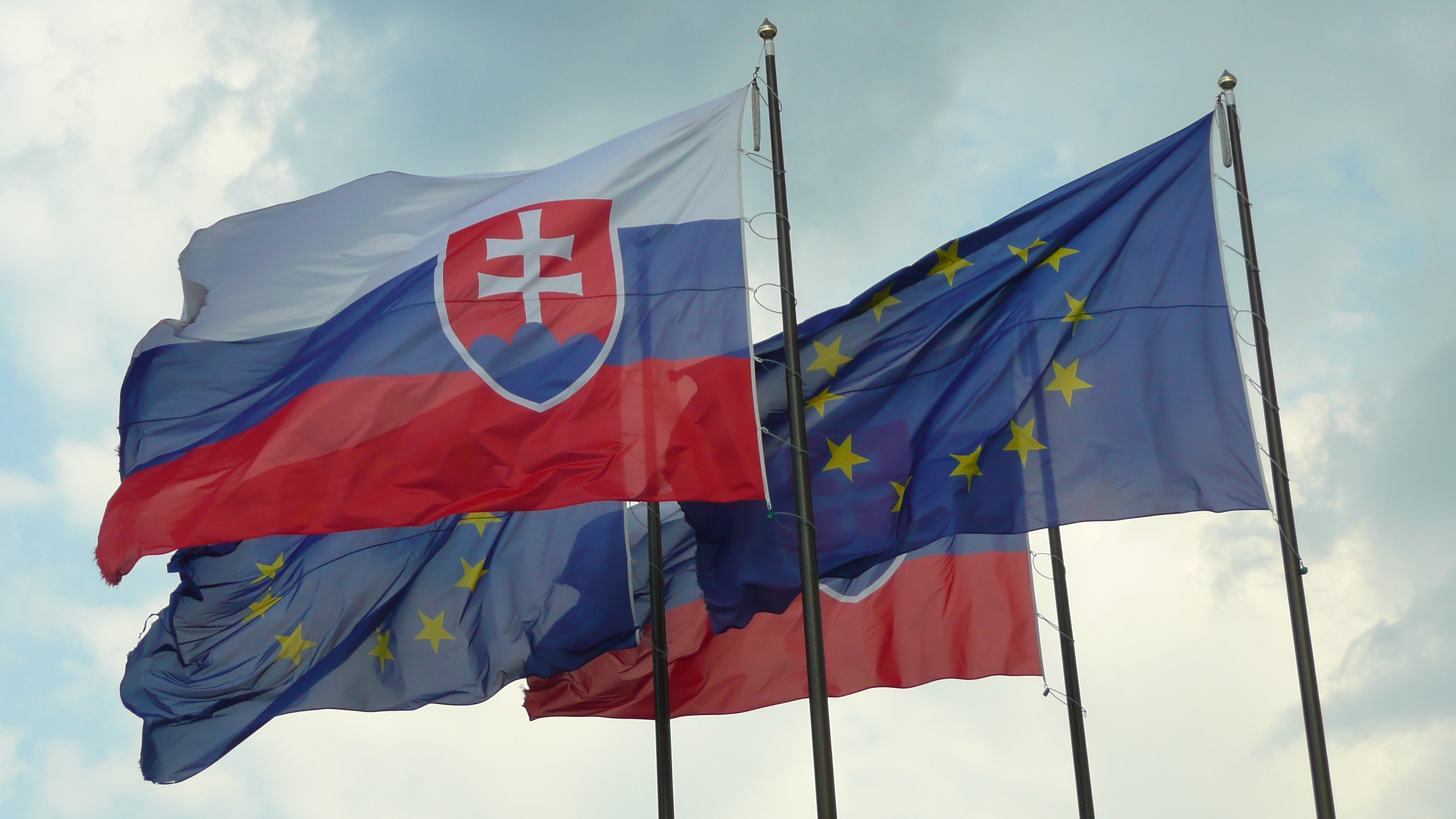
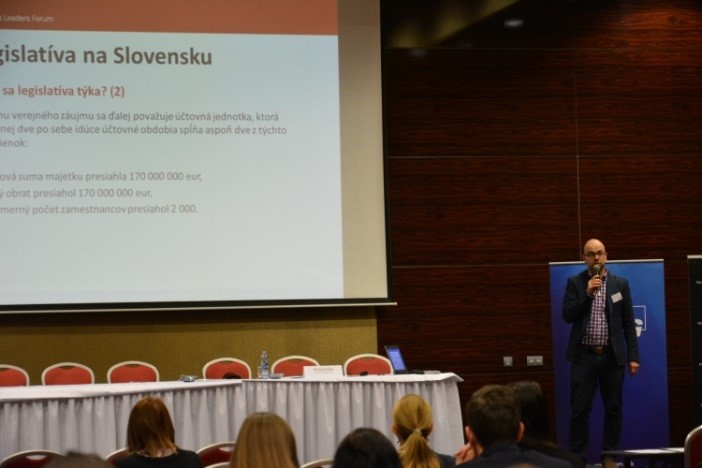
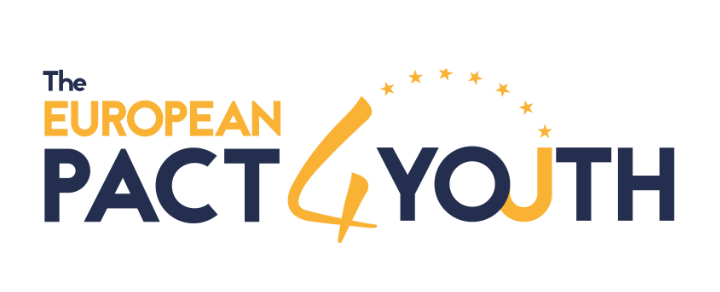
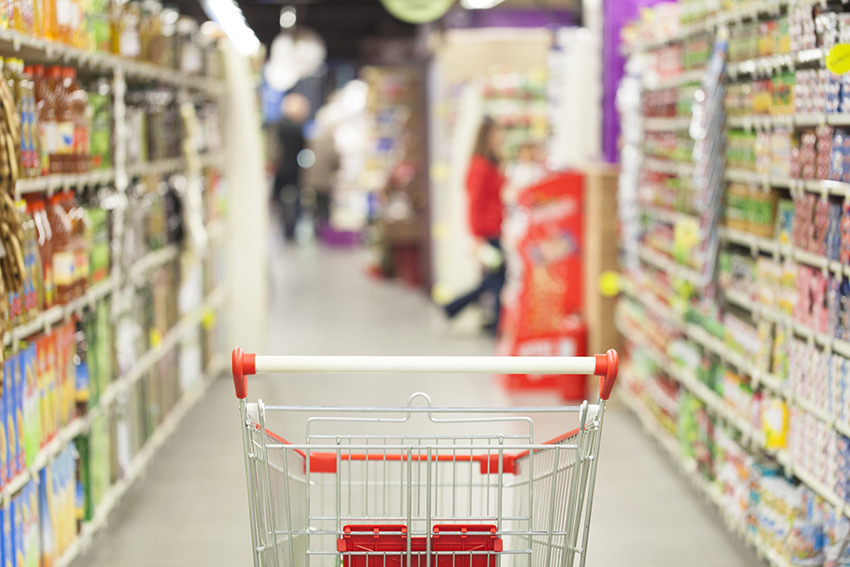
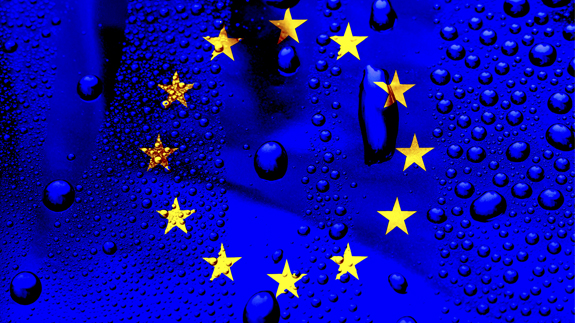
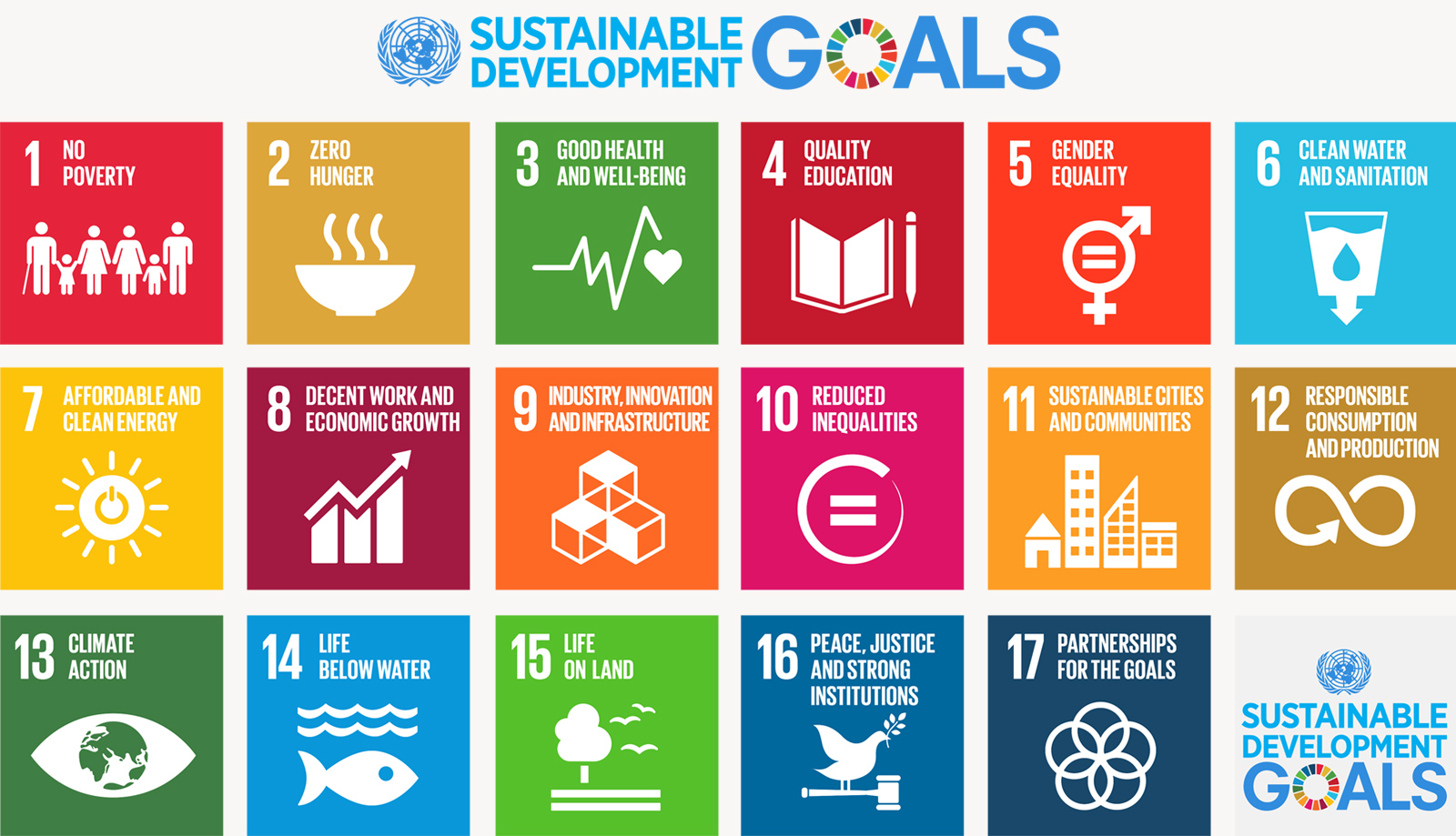
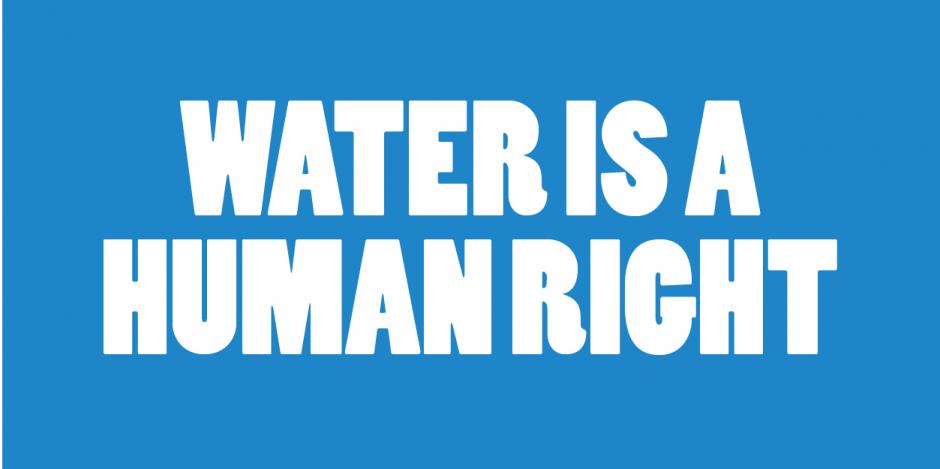

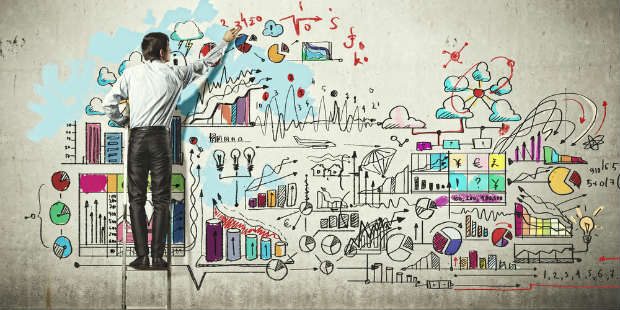

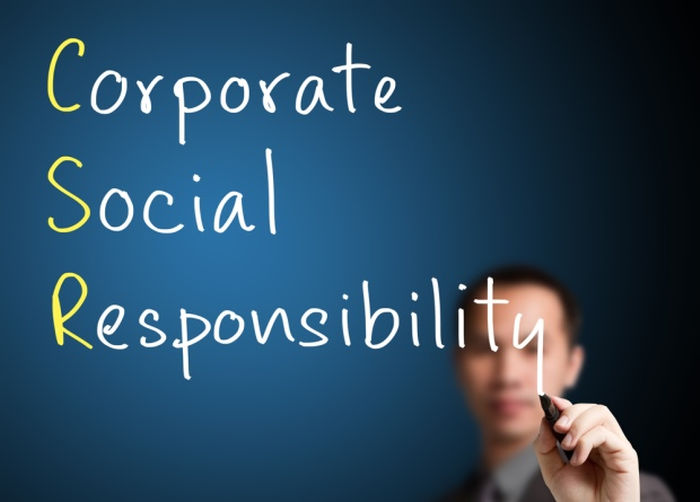
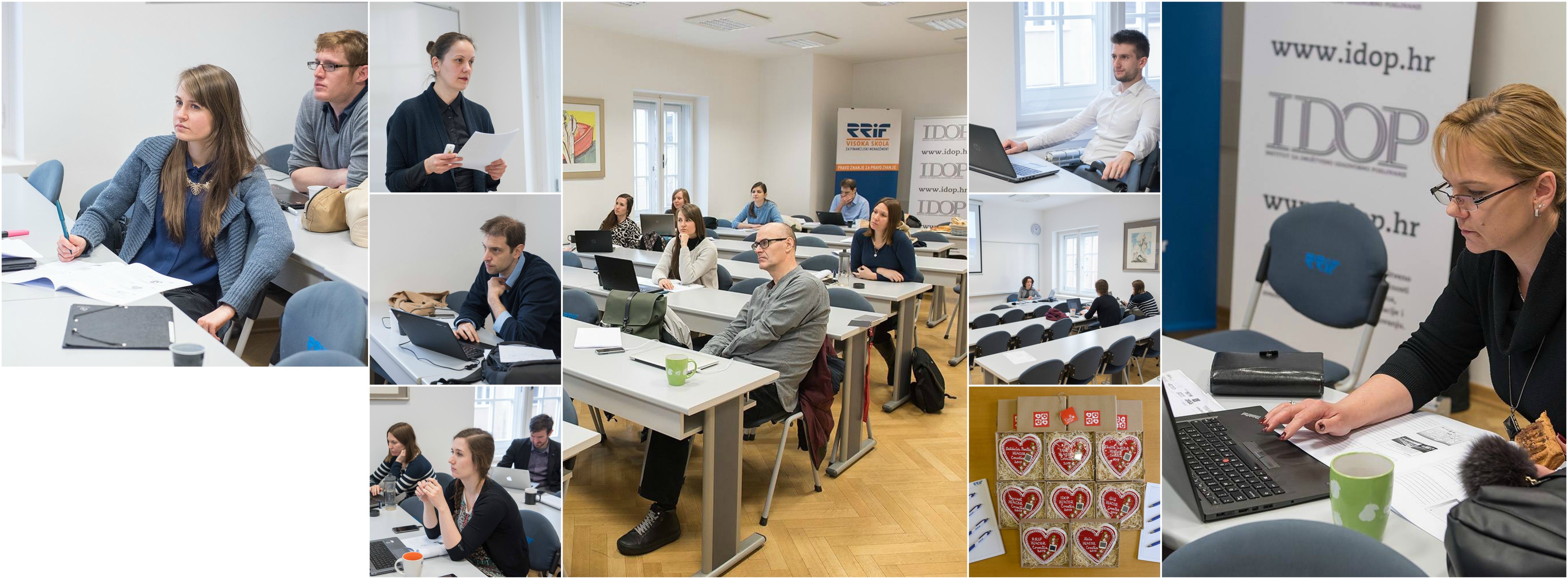
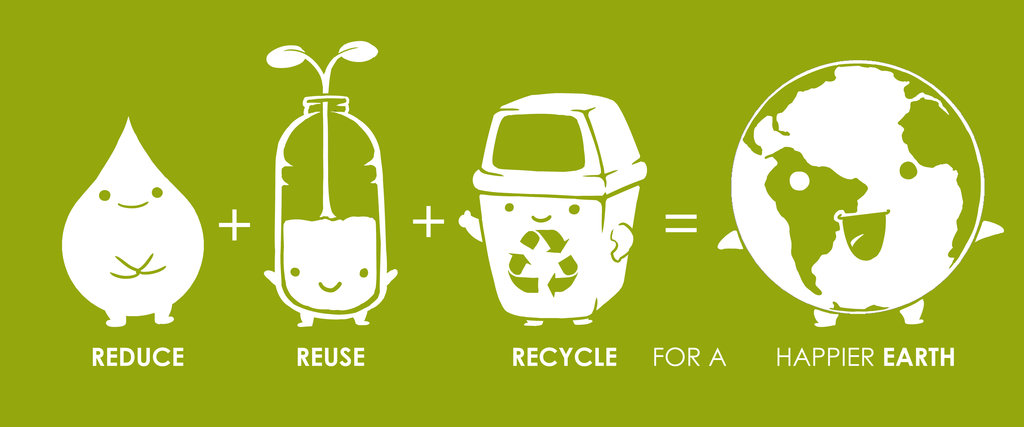
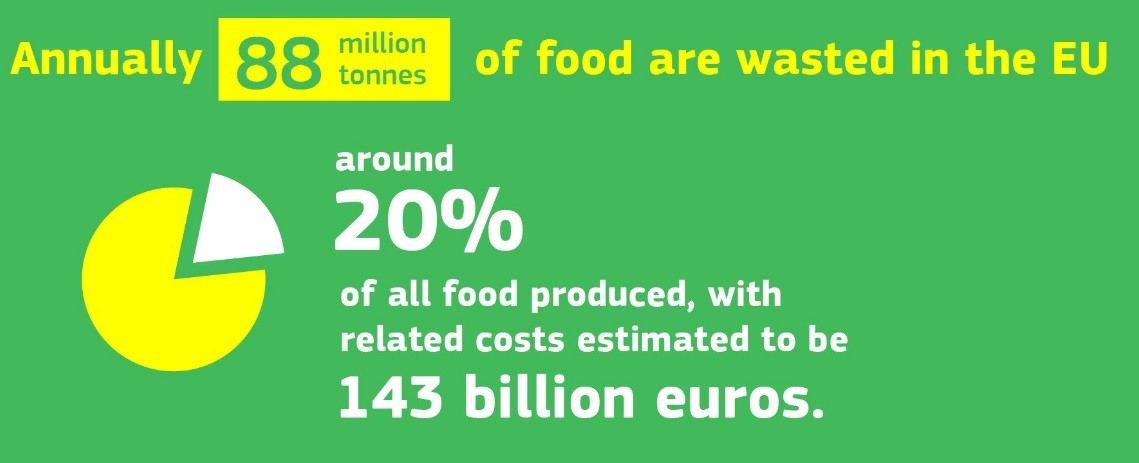

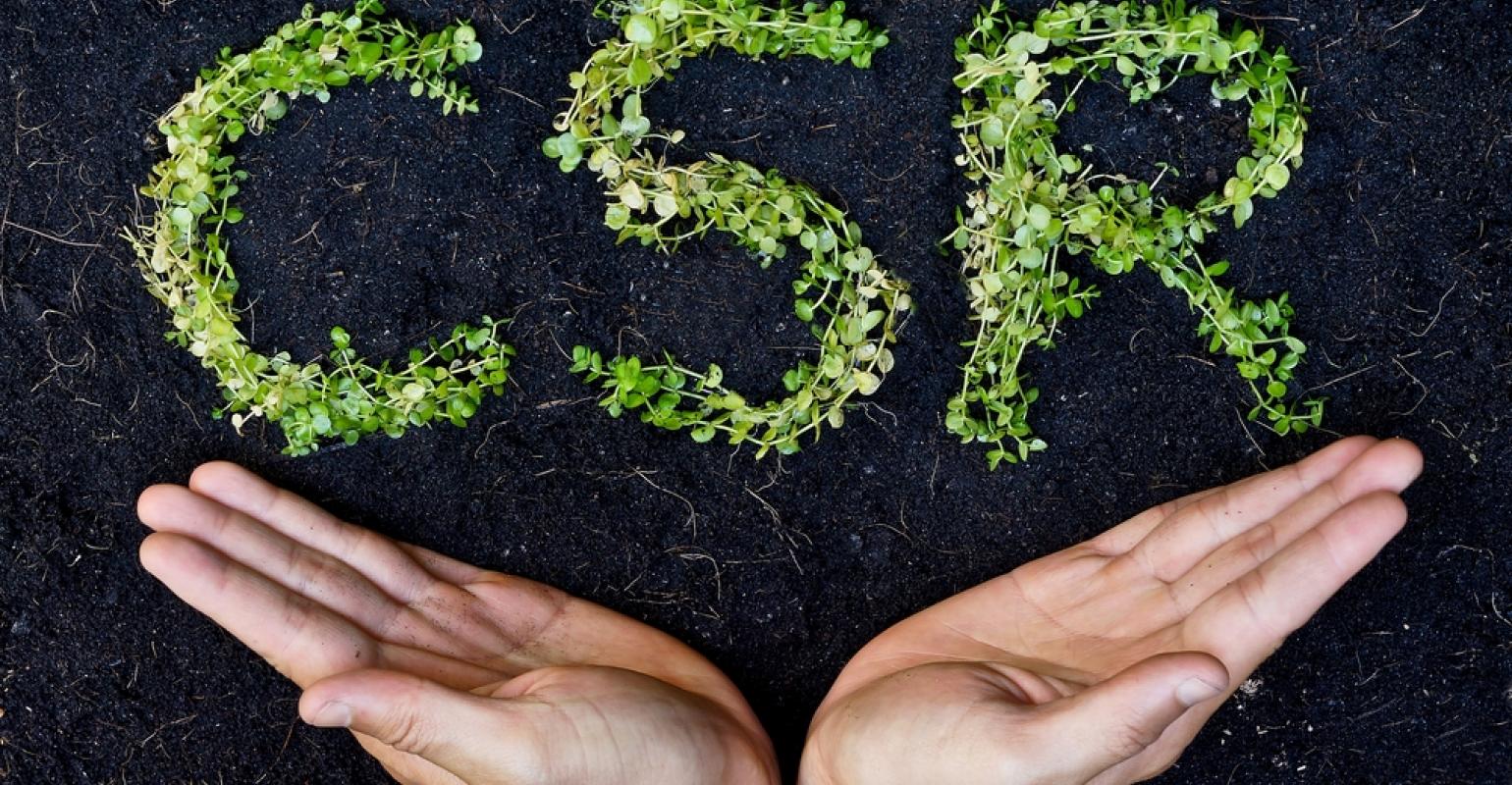
Follow us on